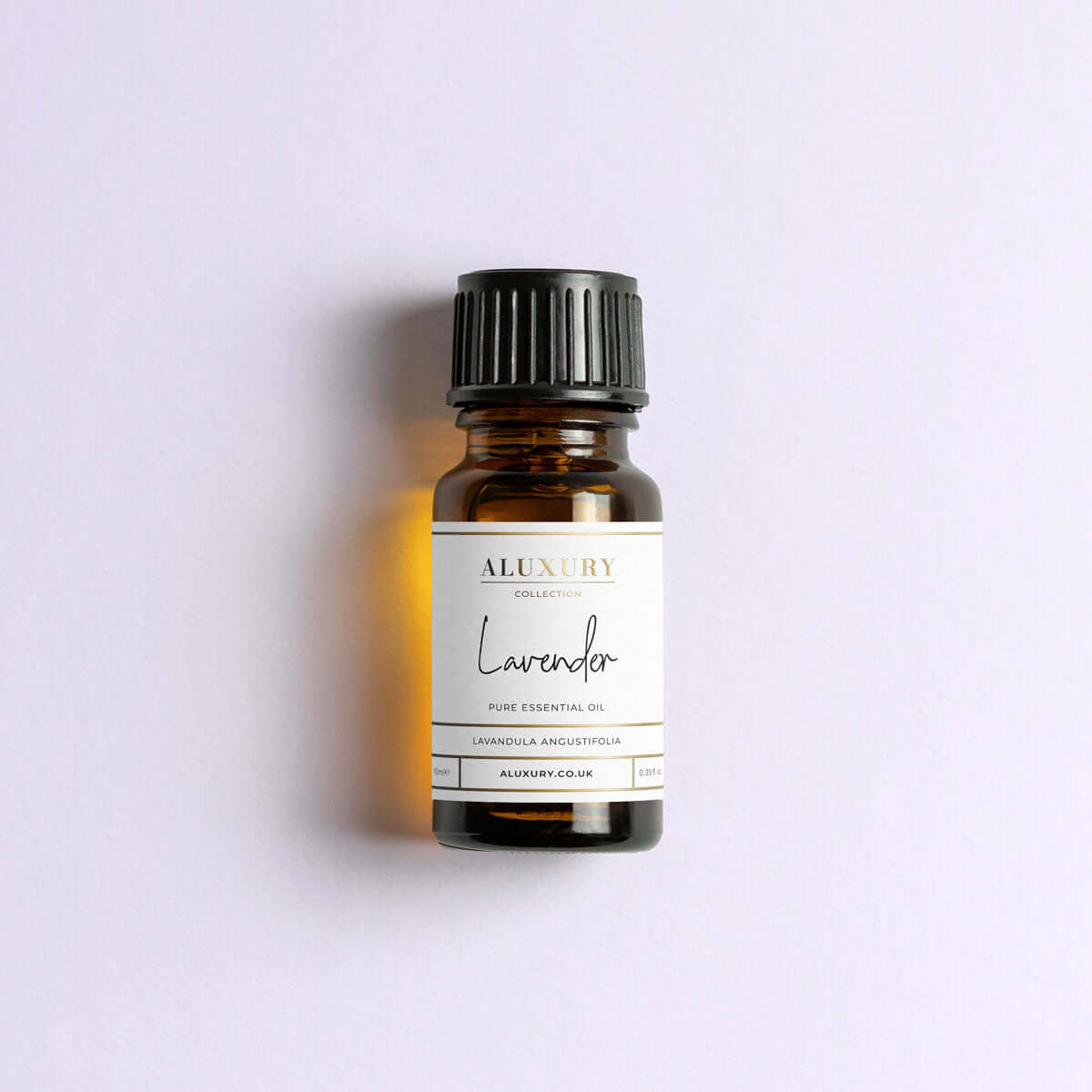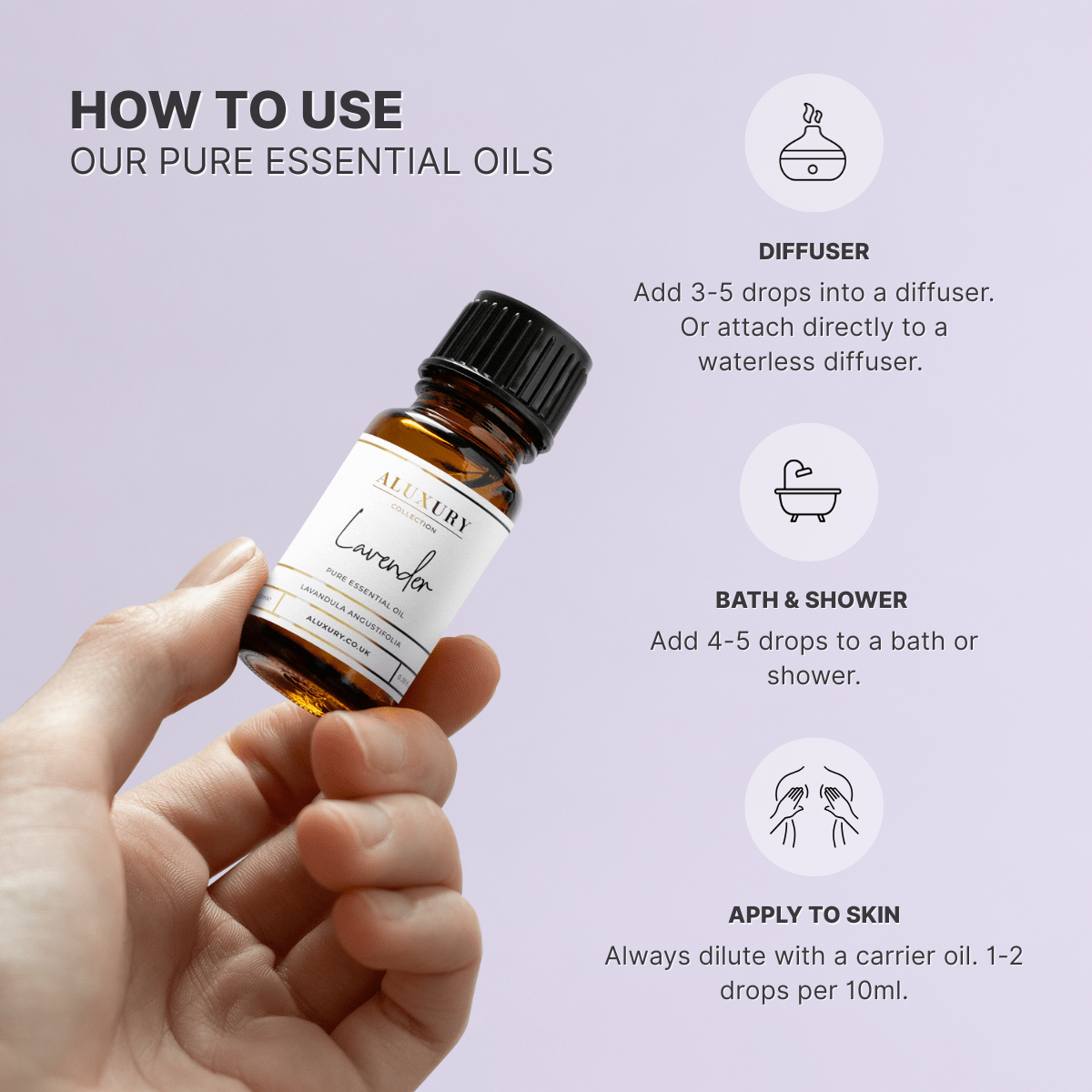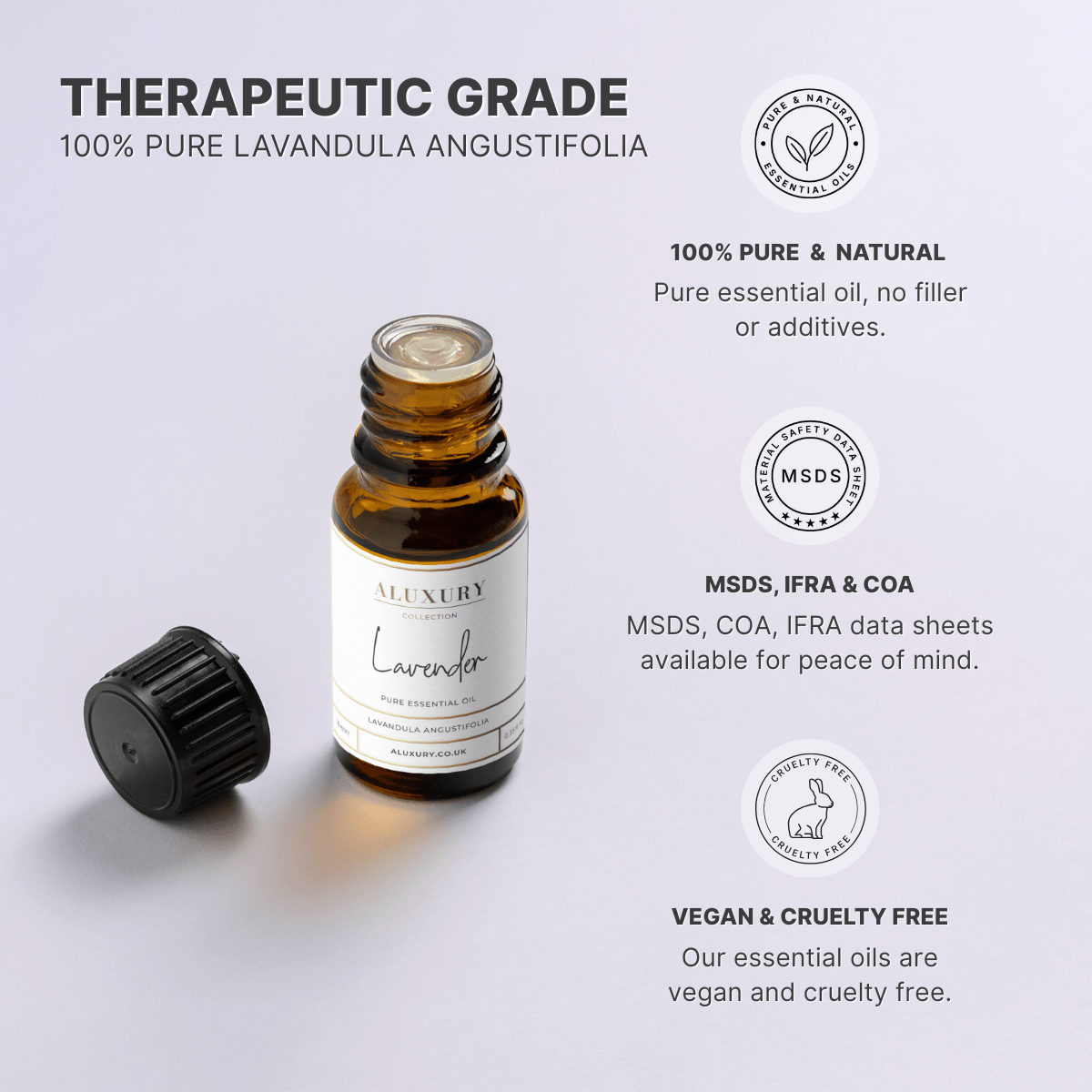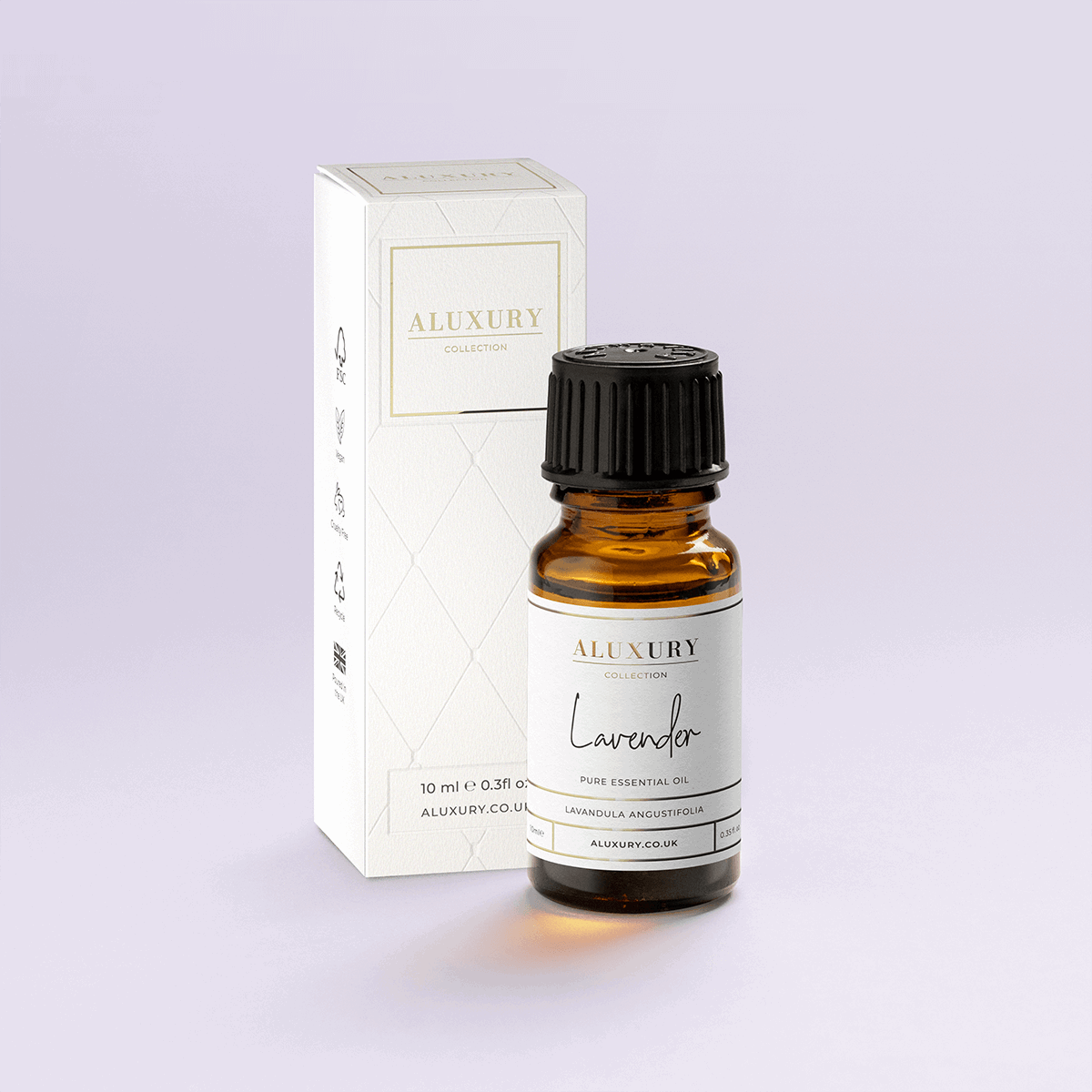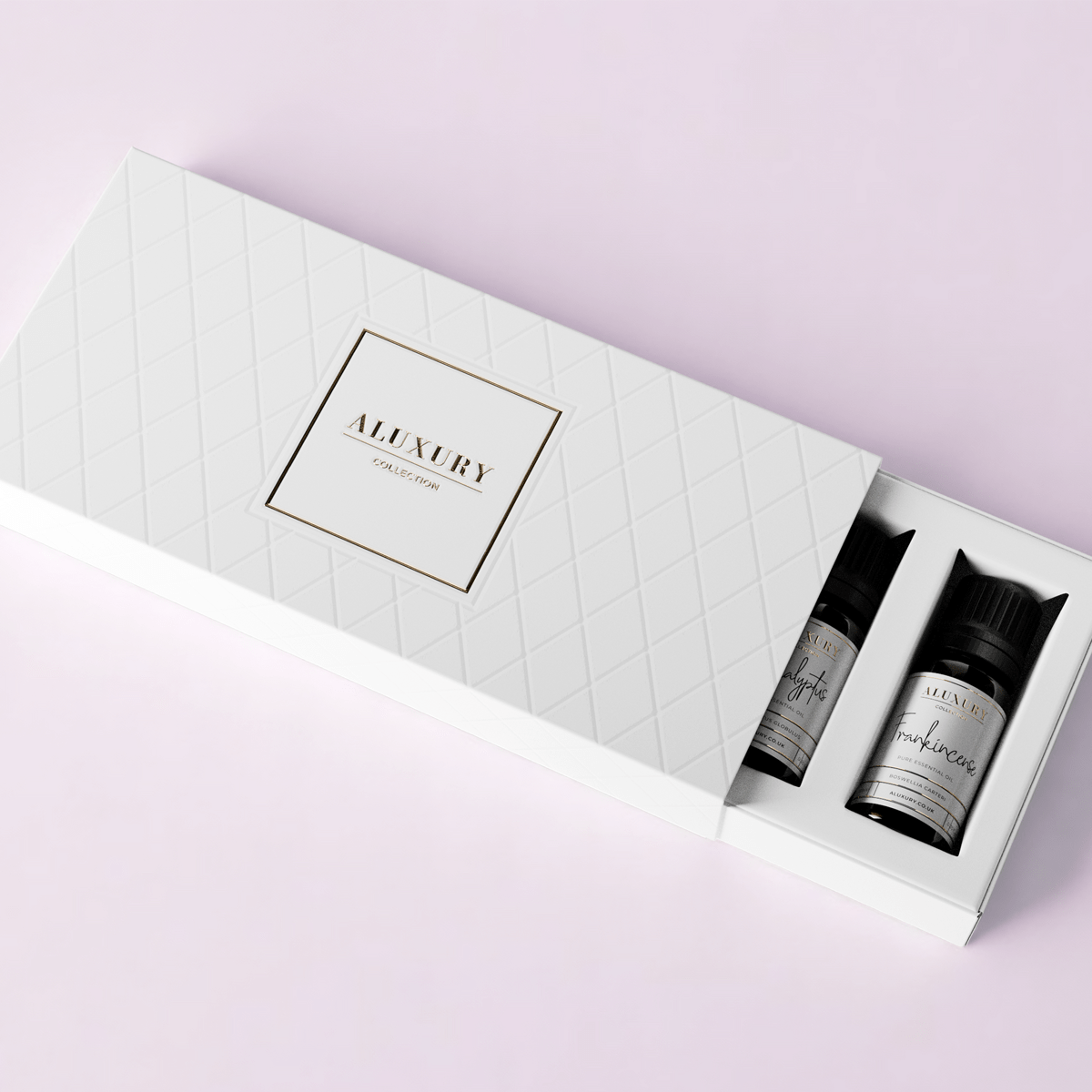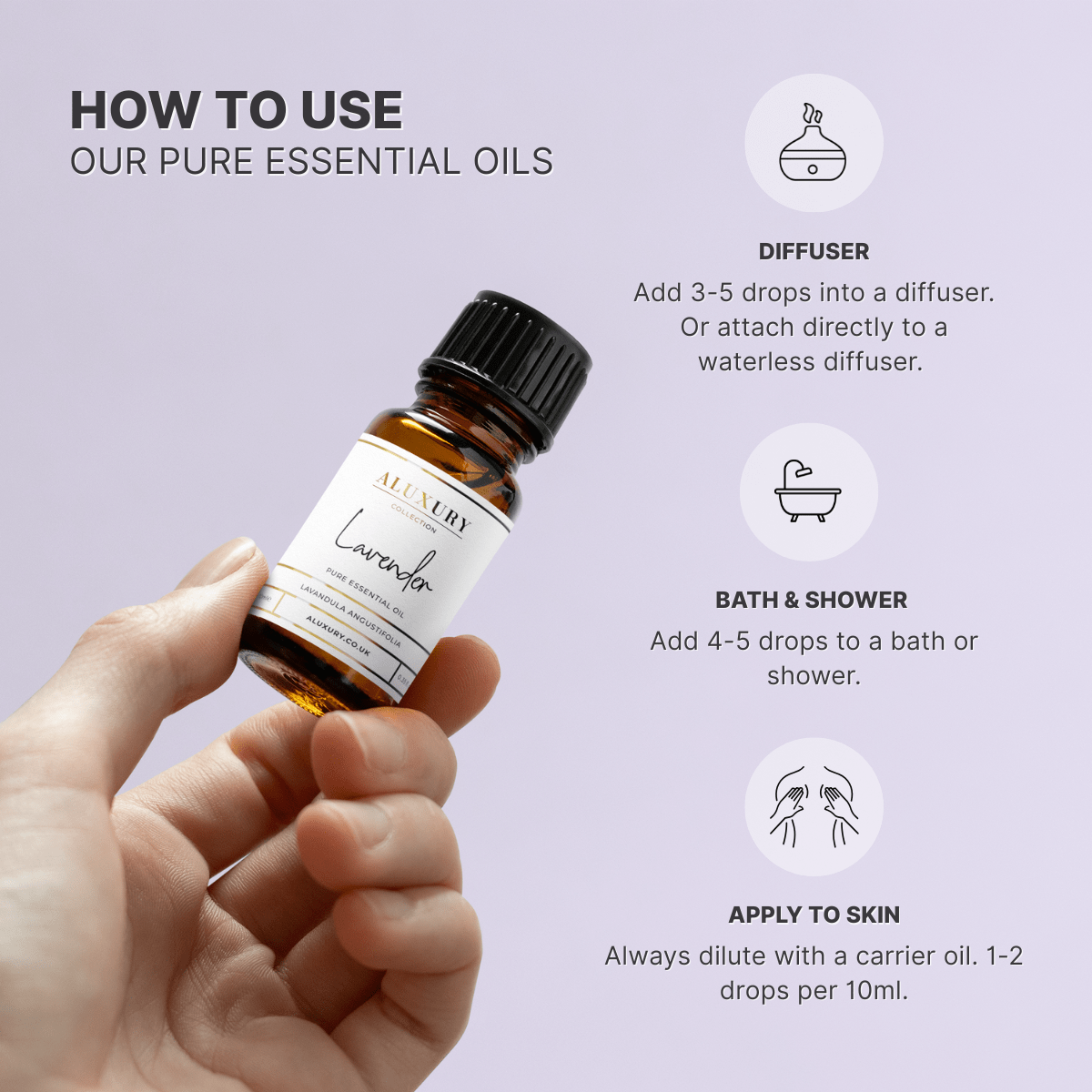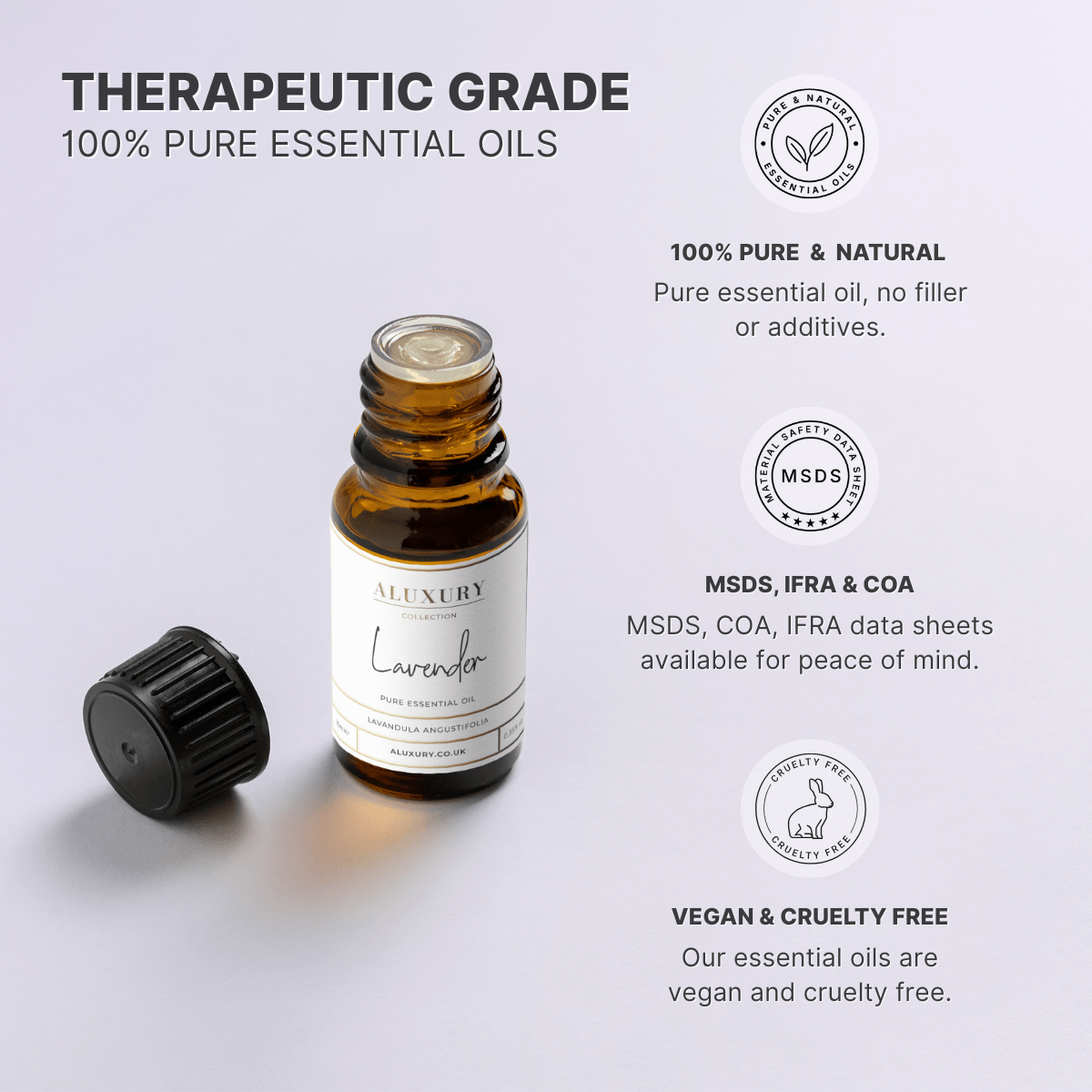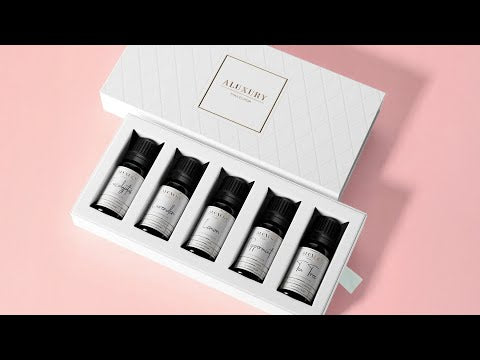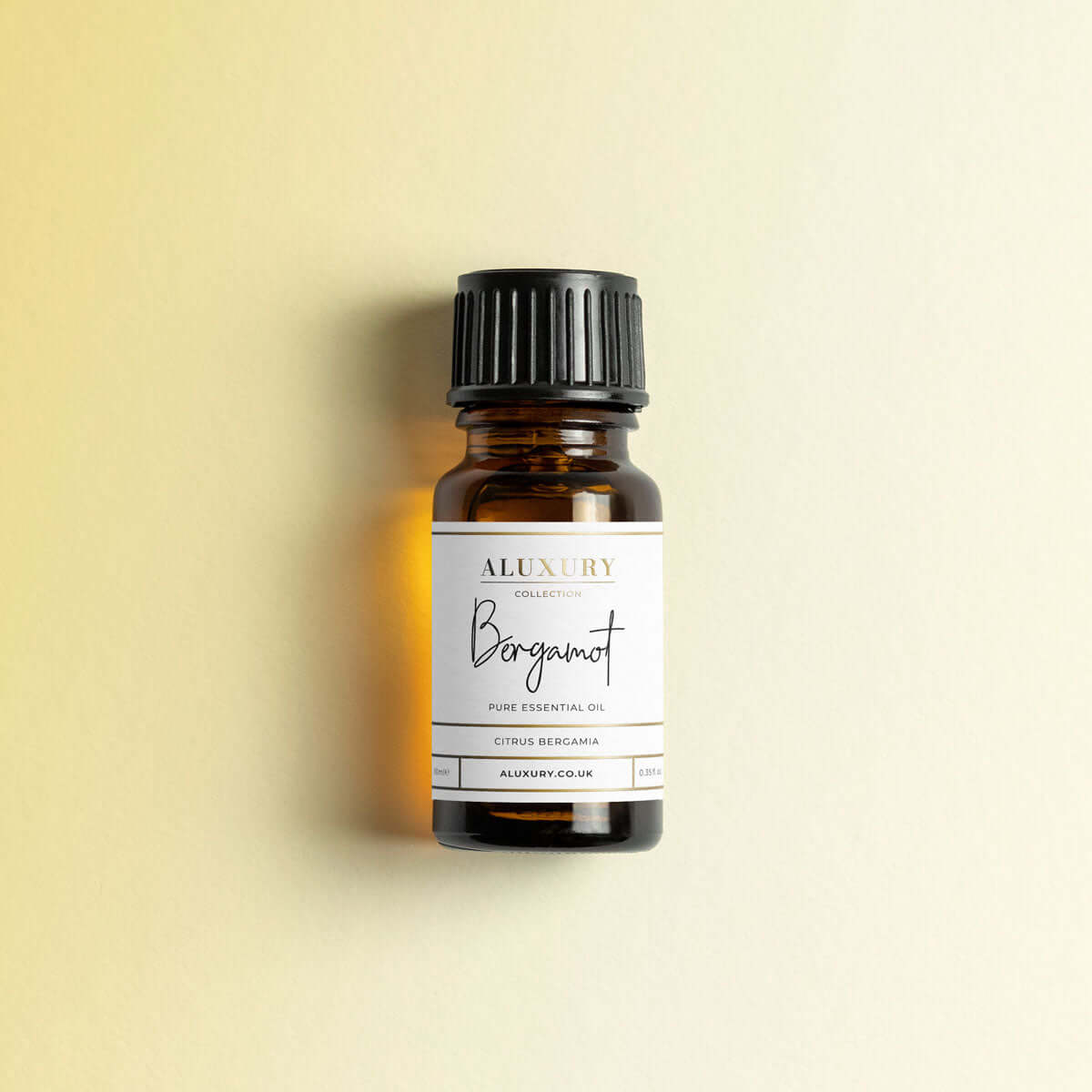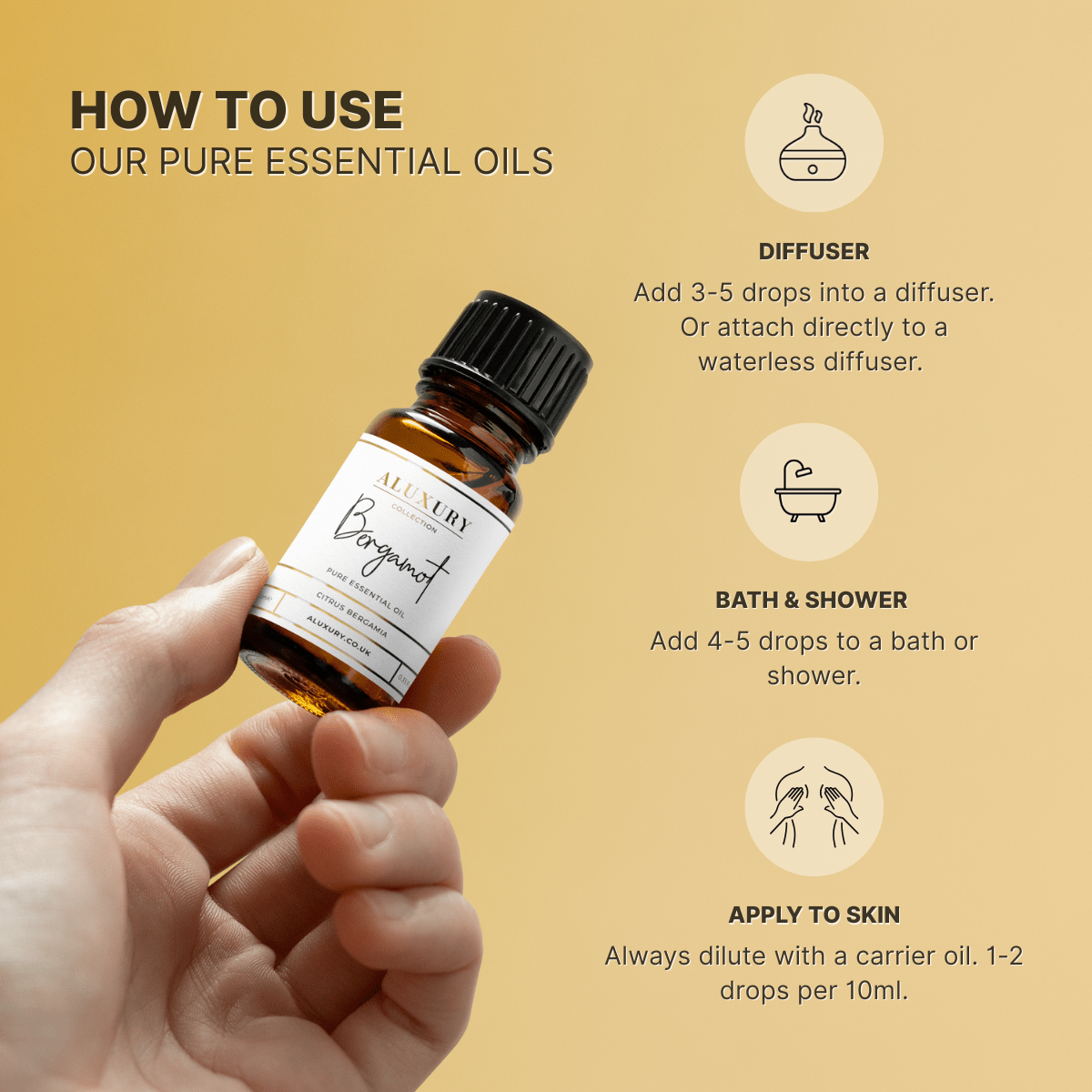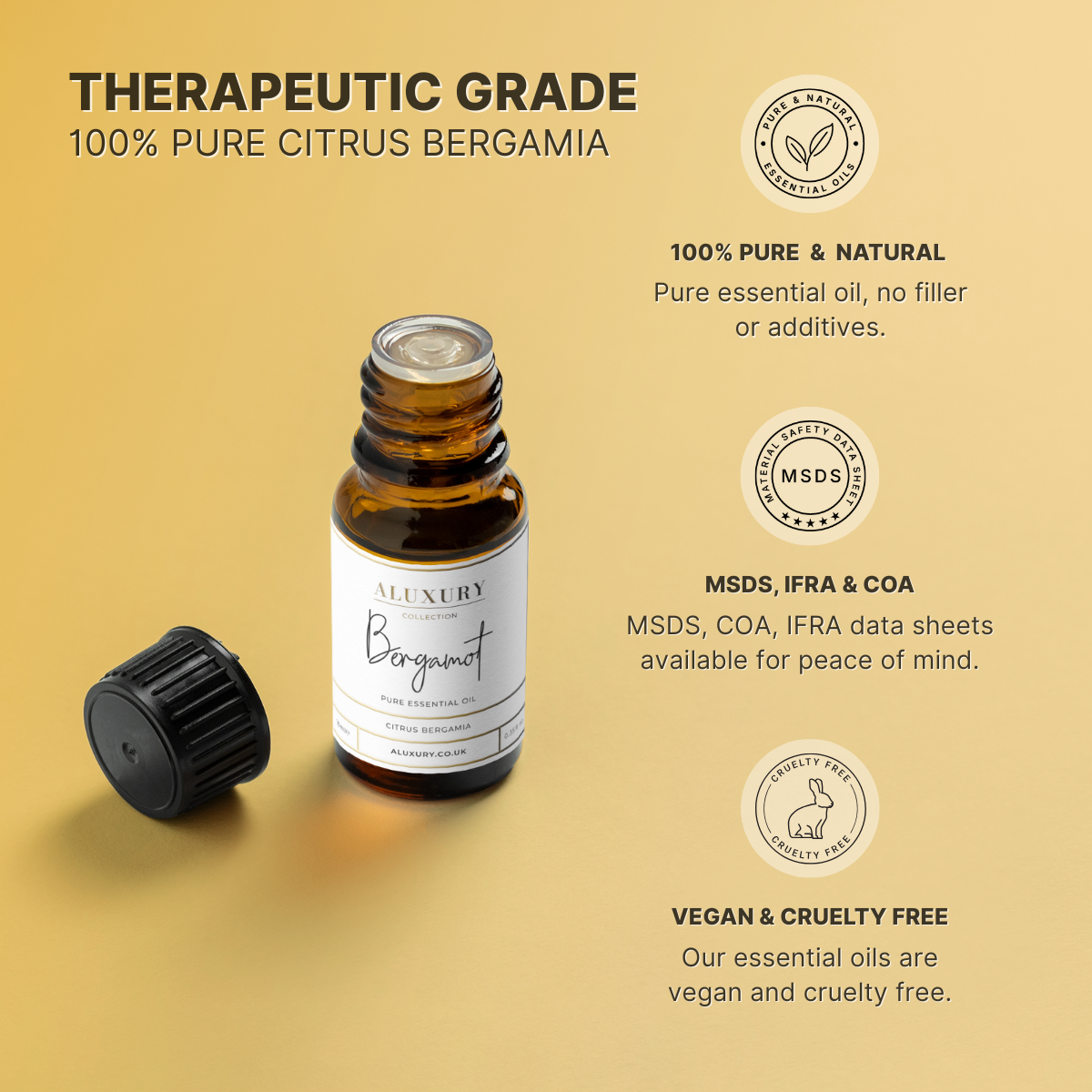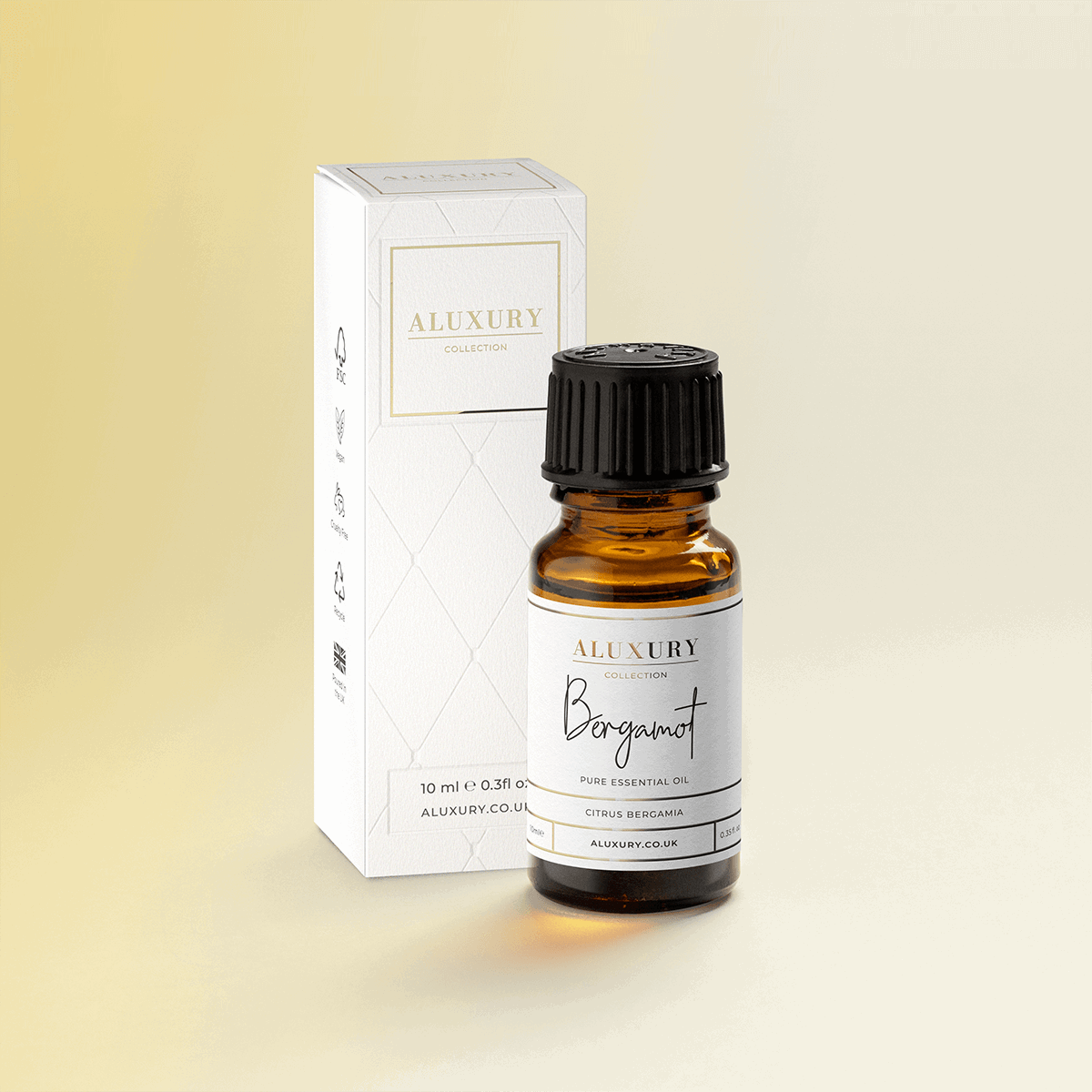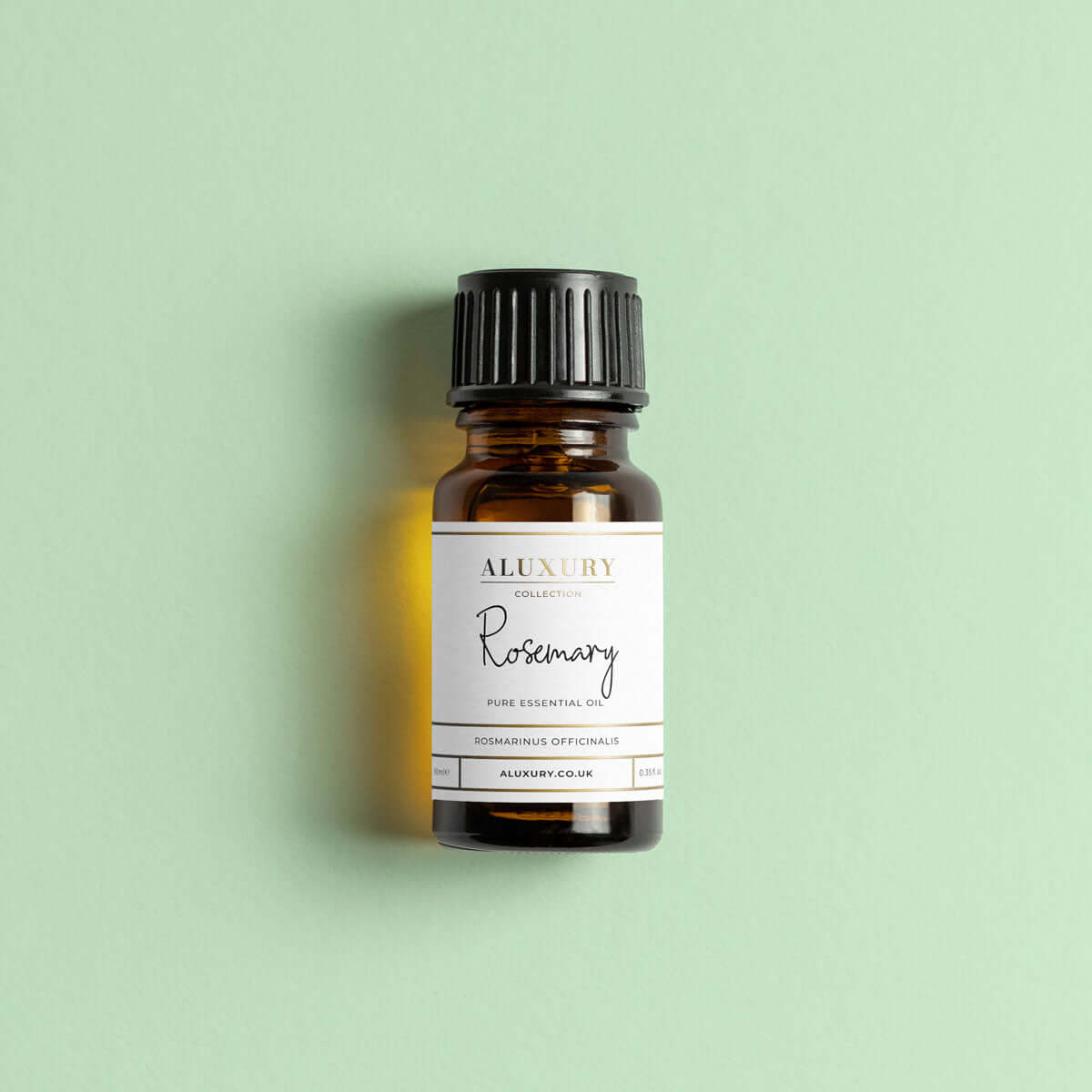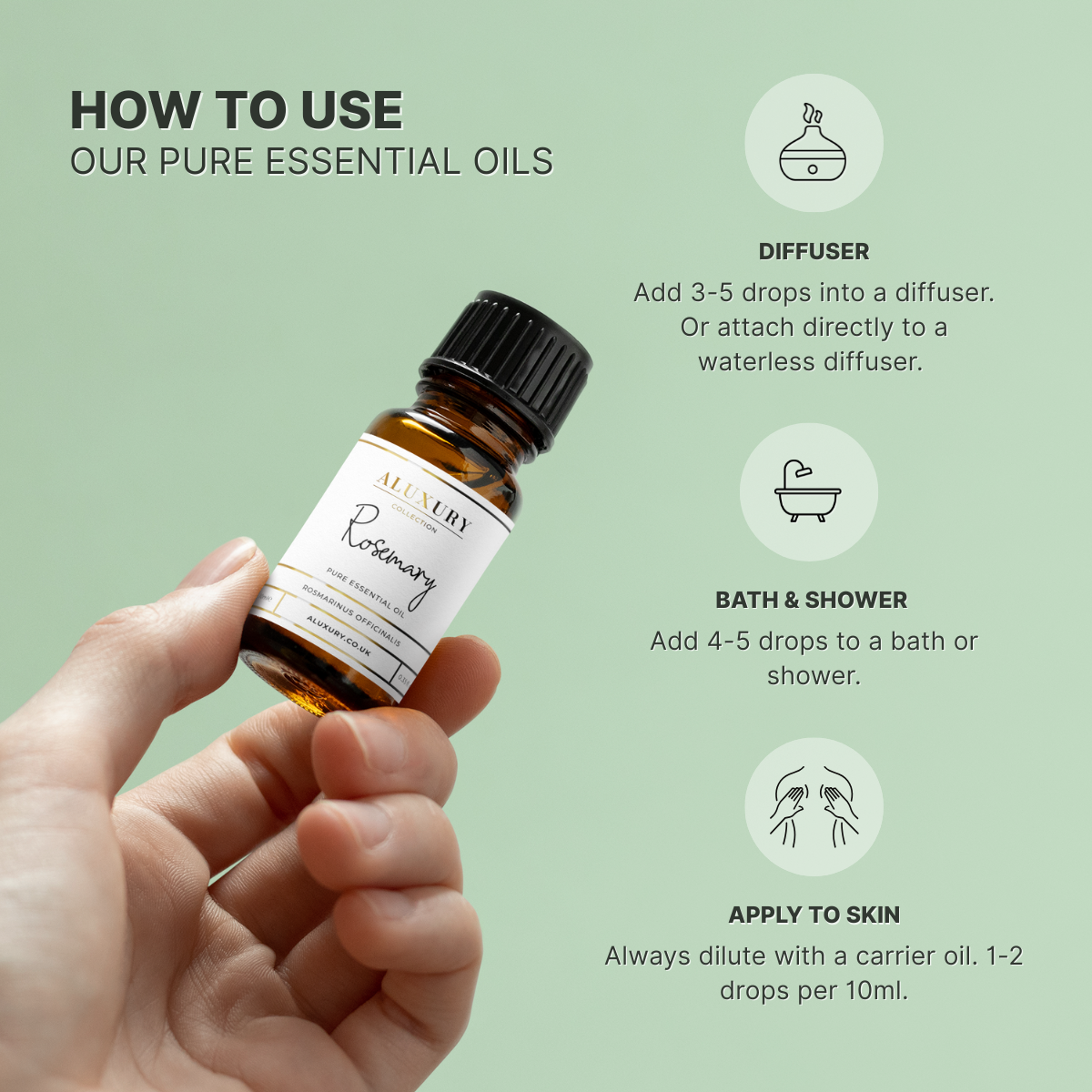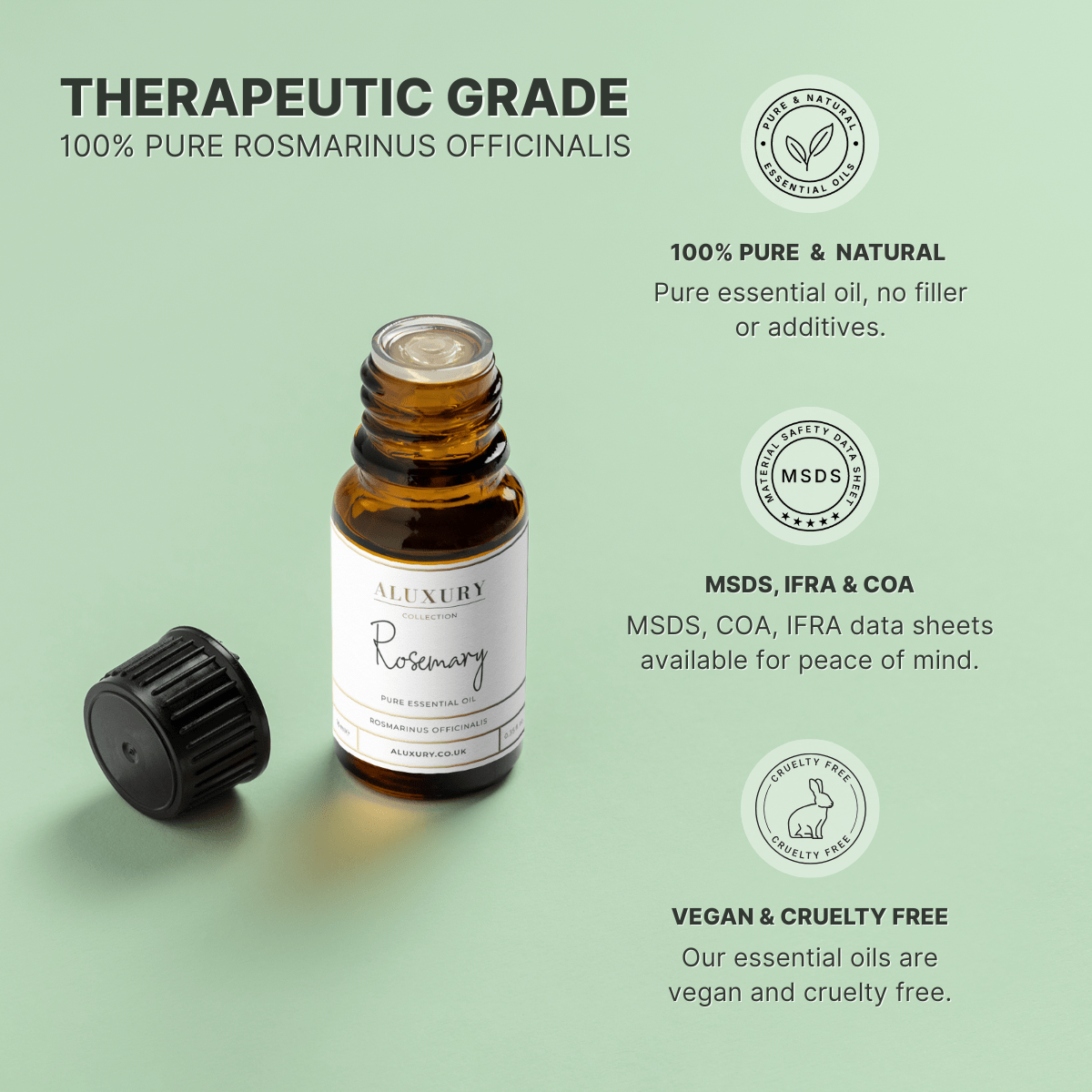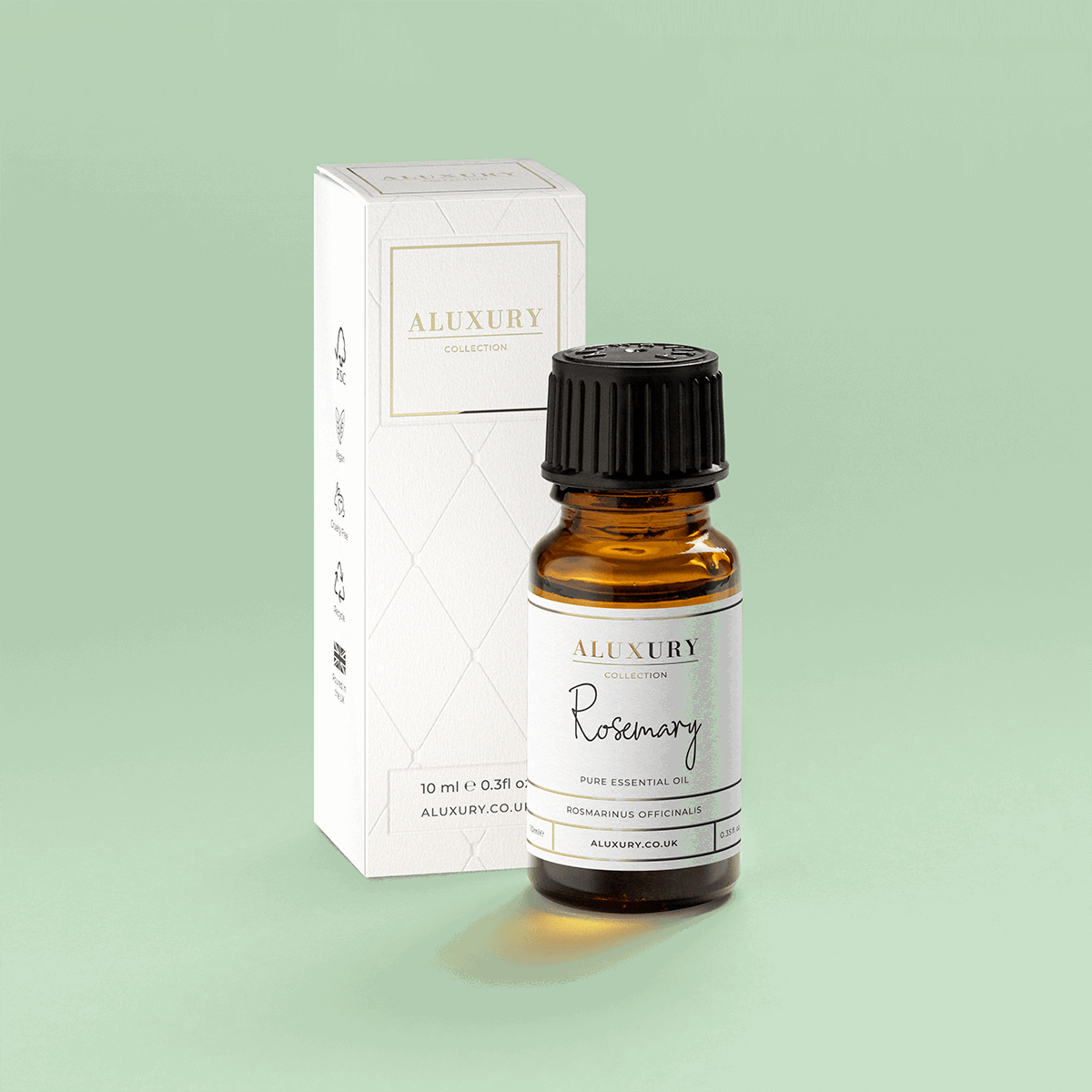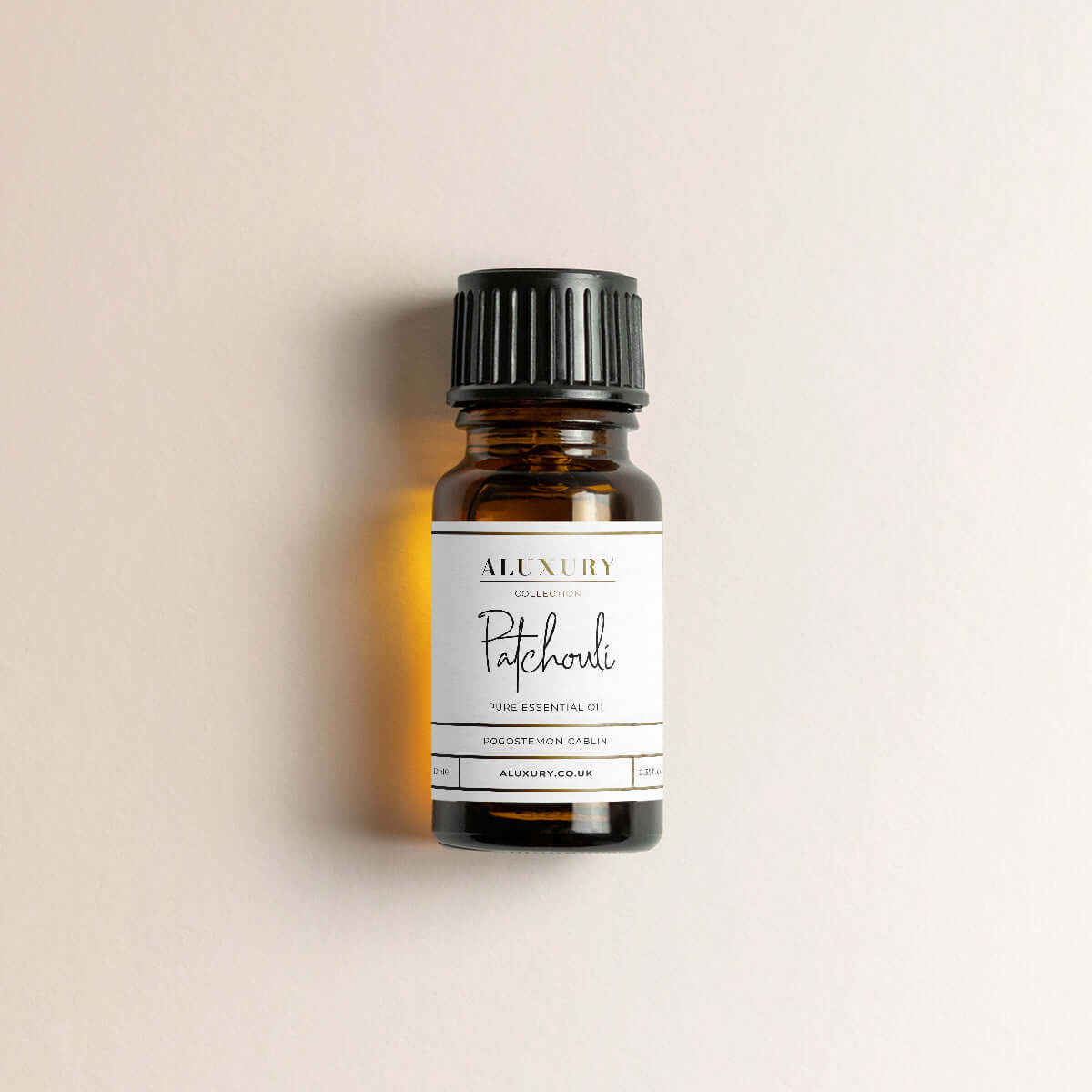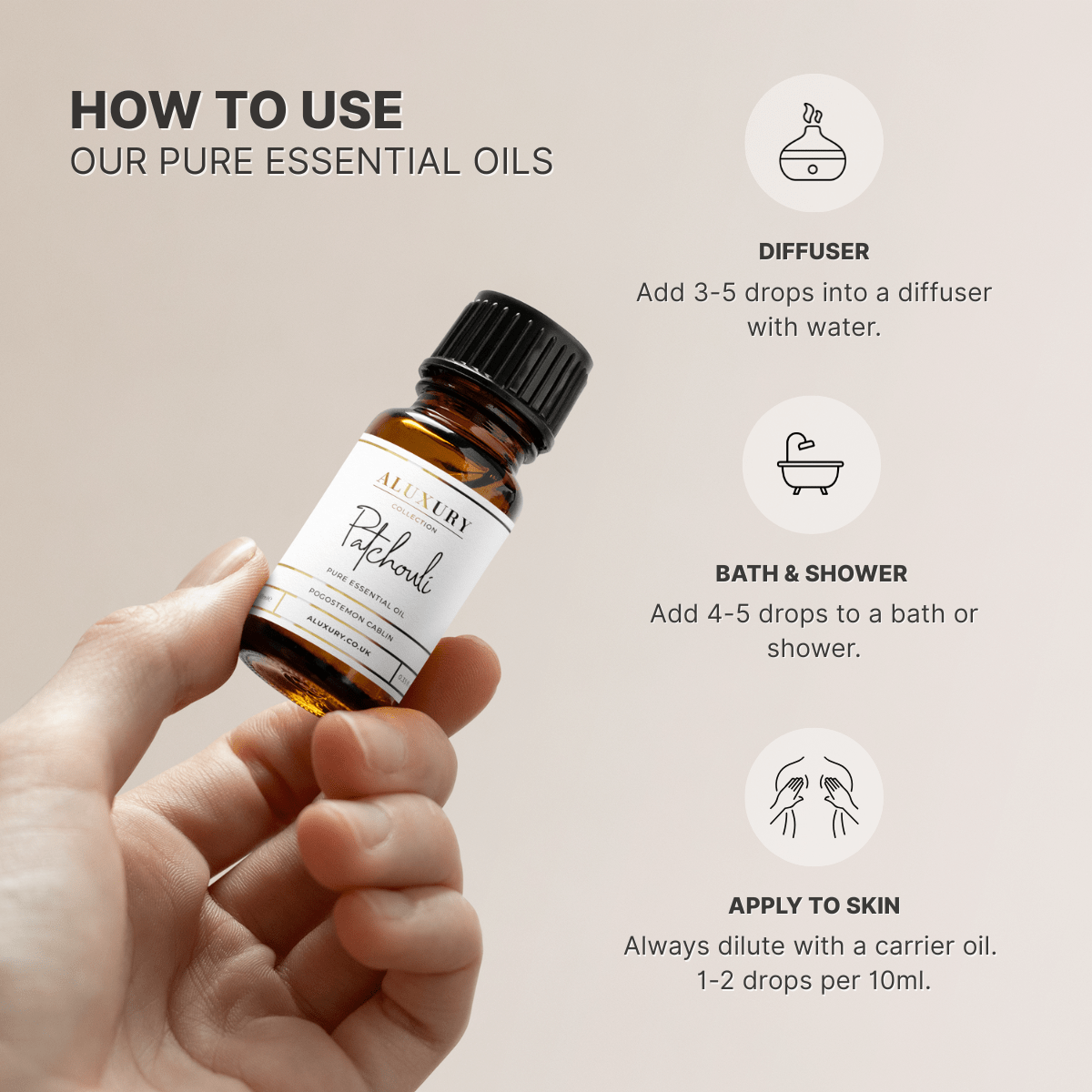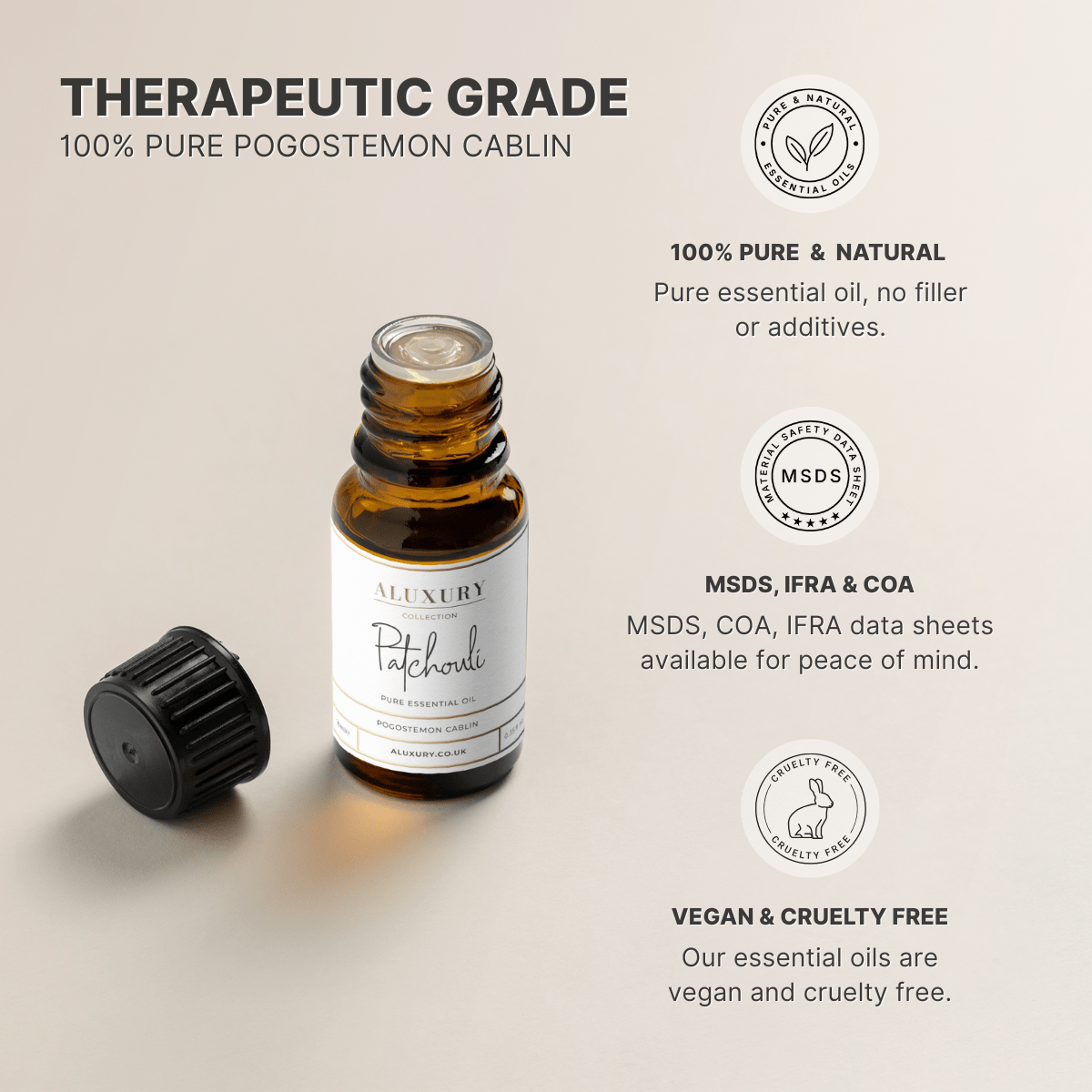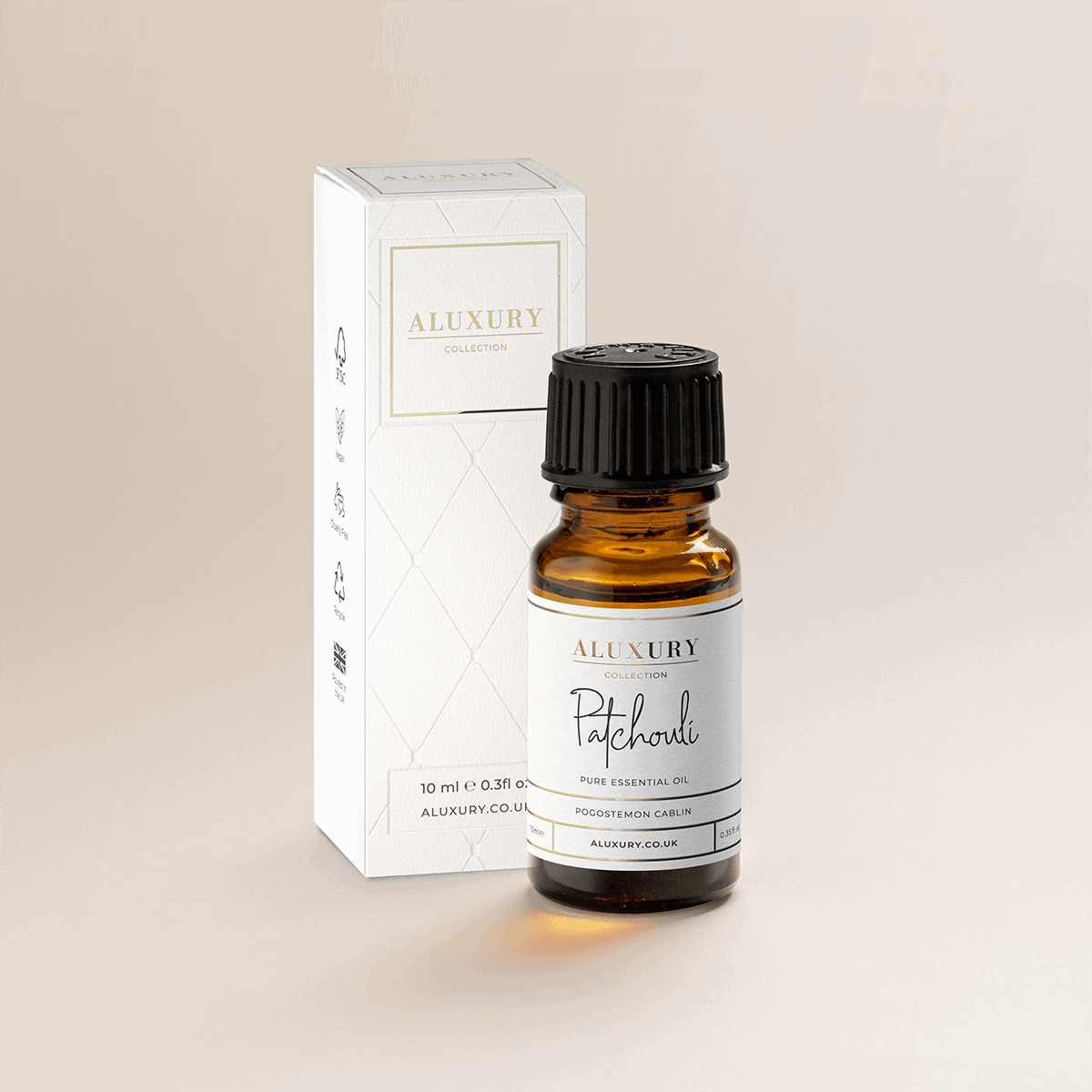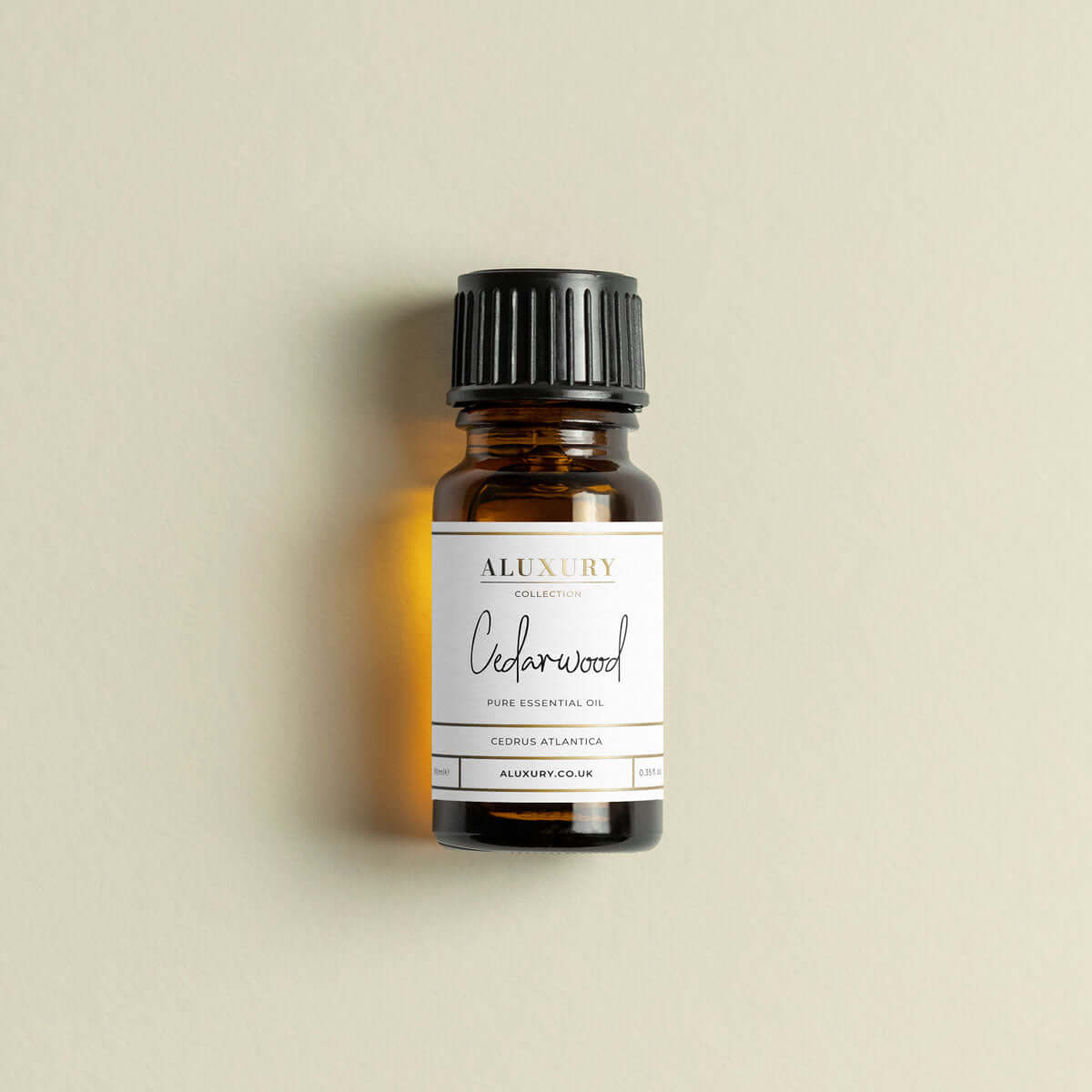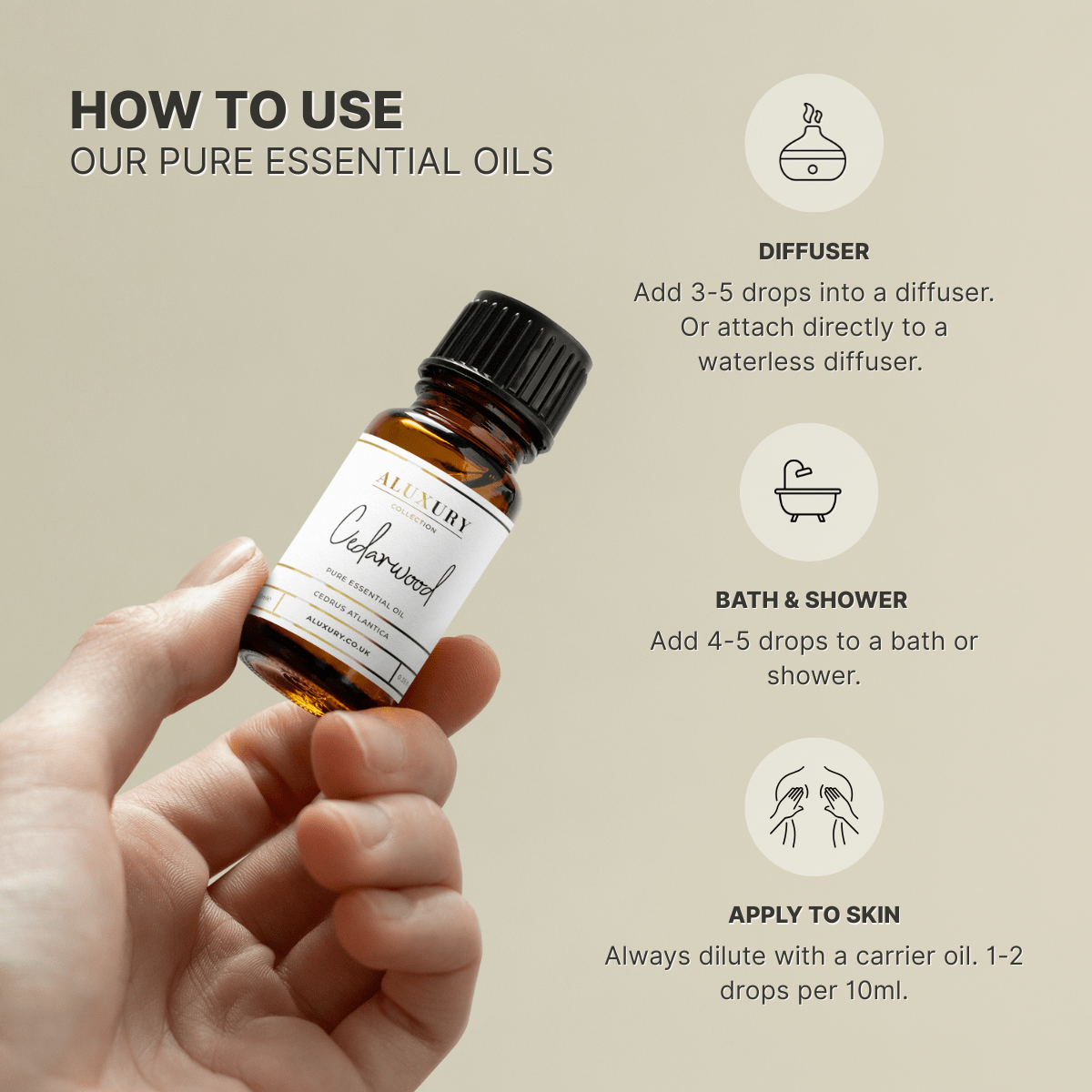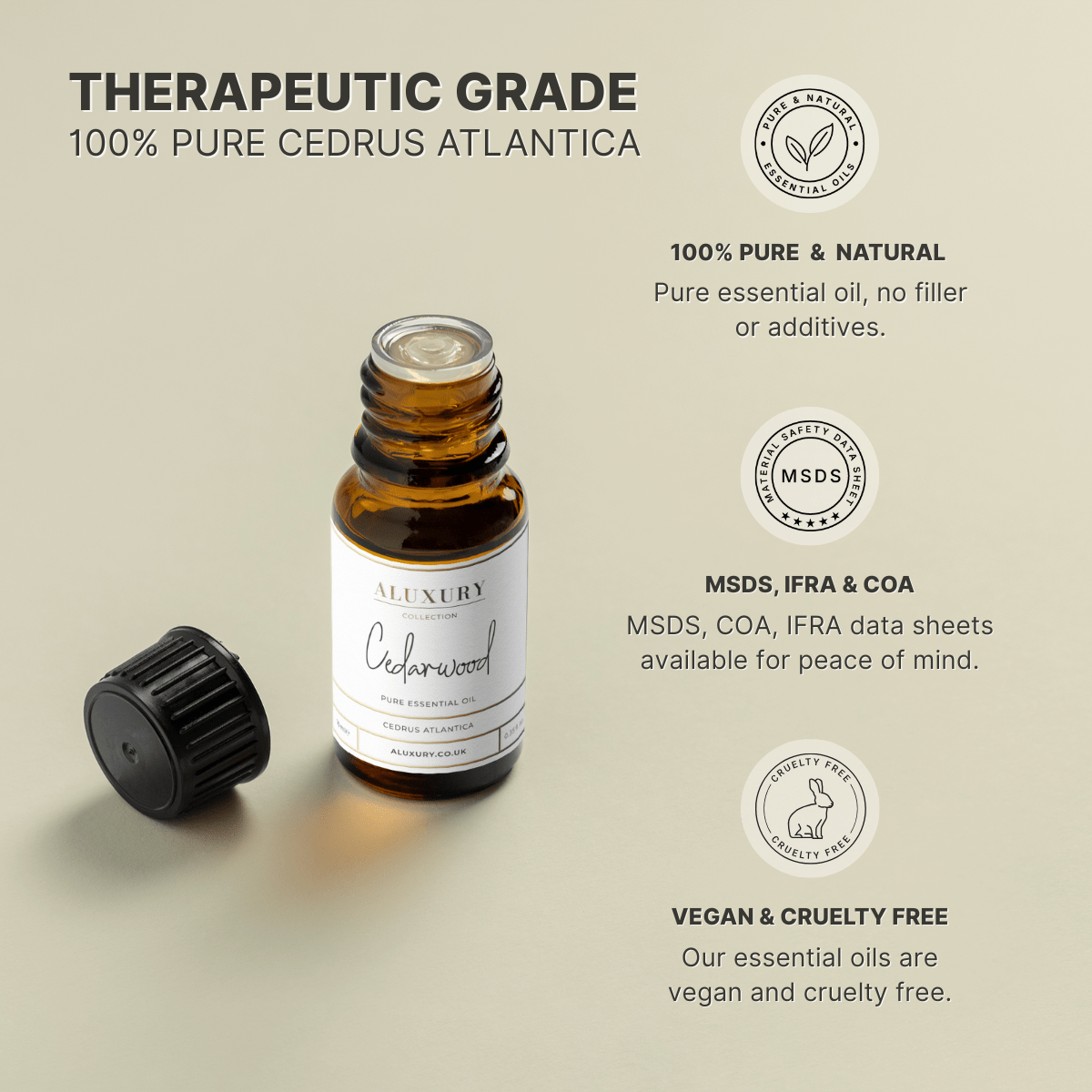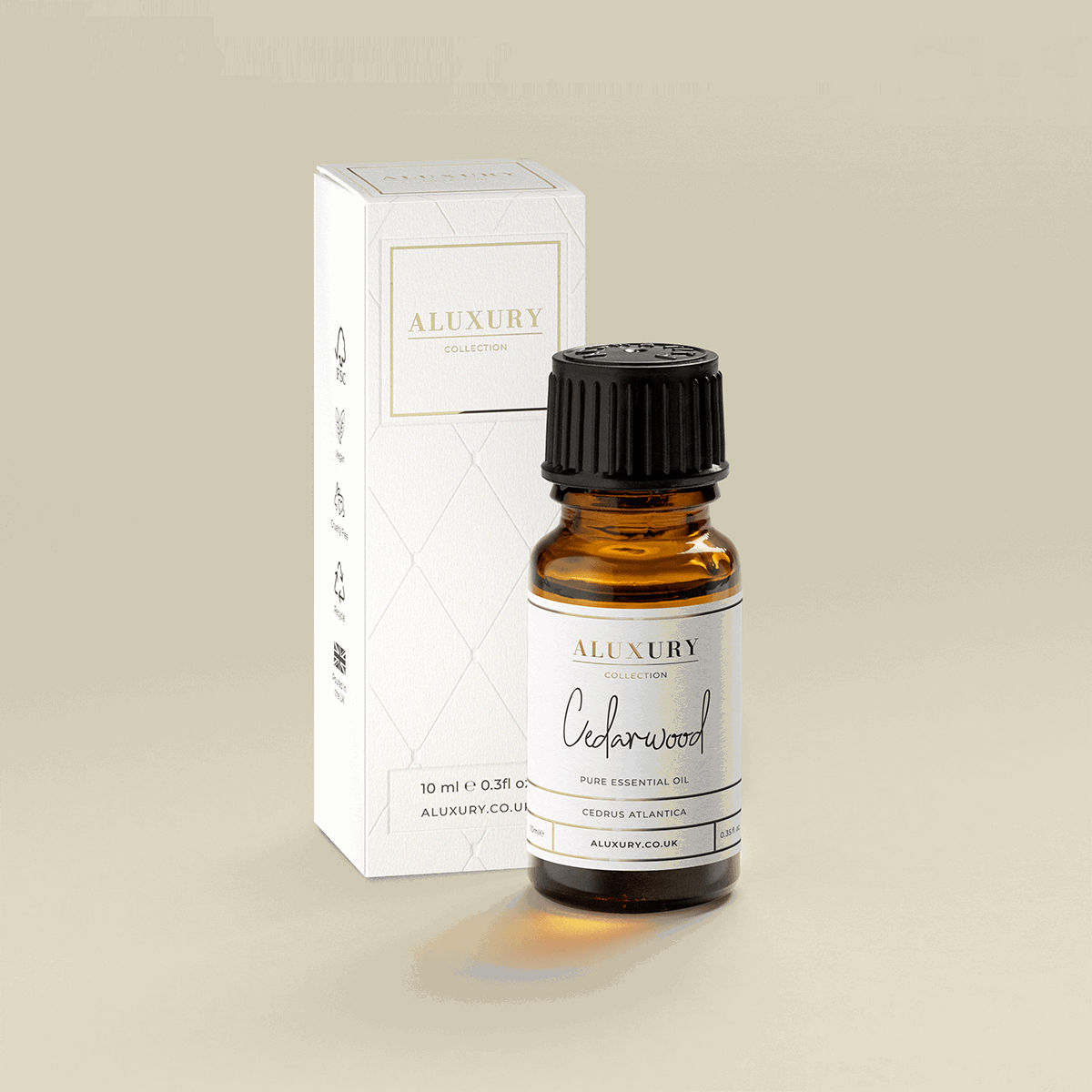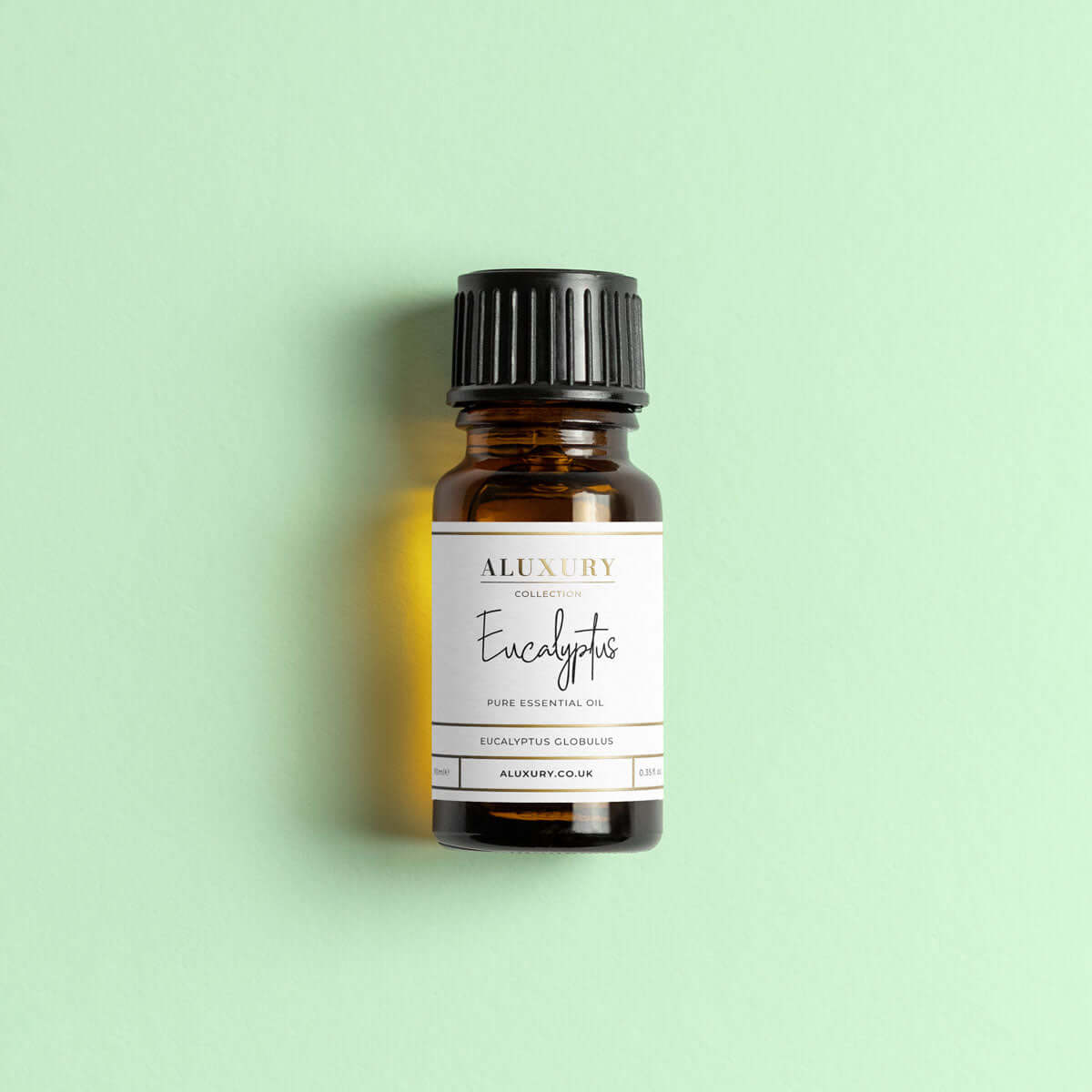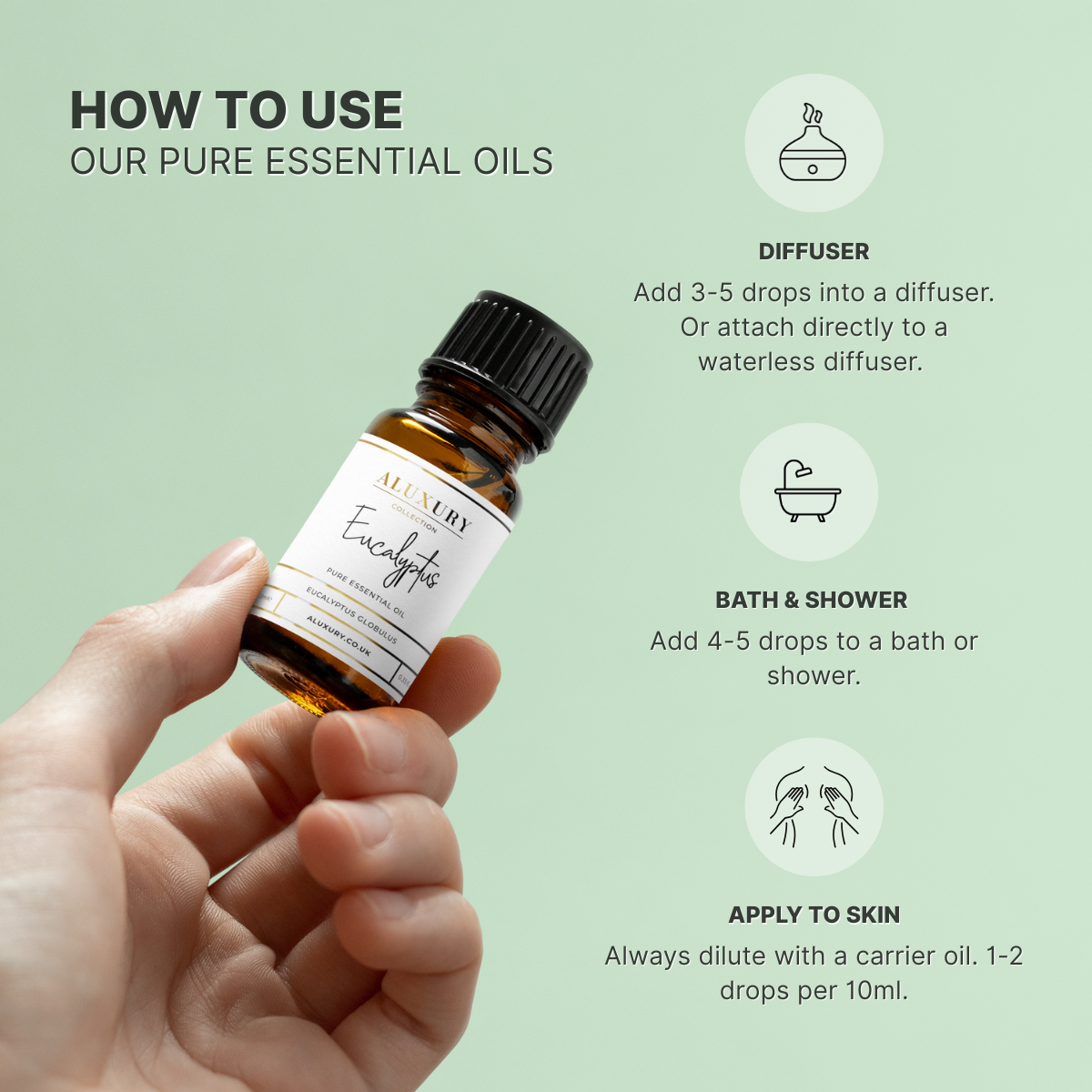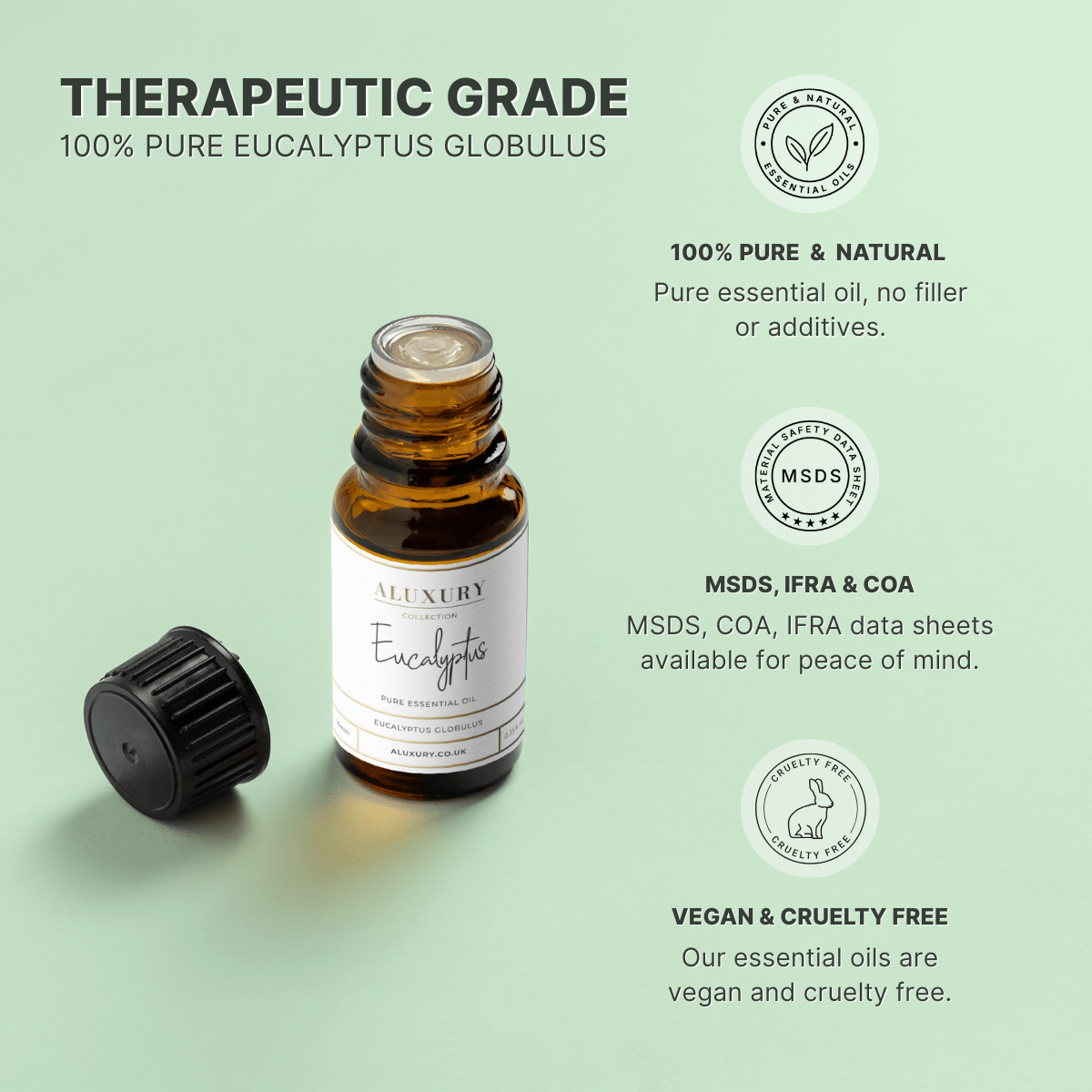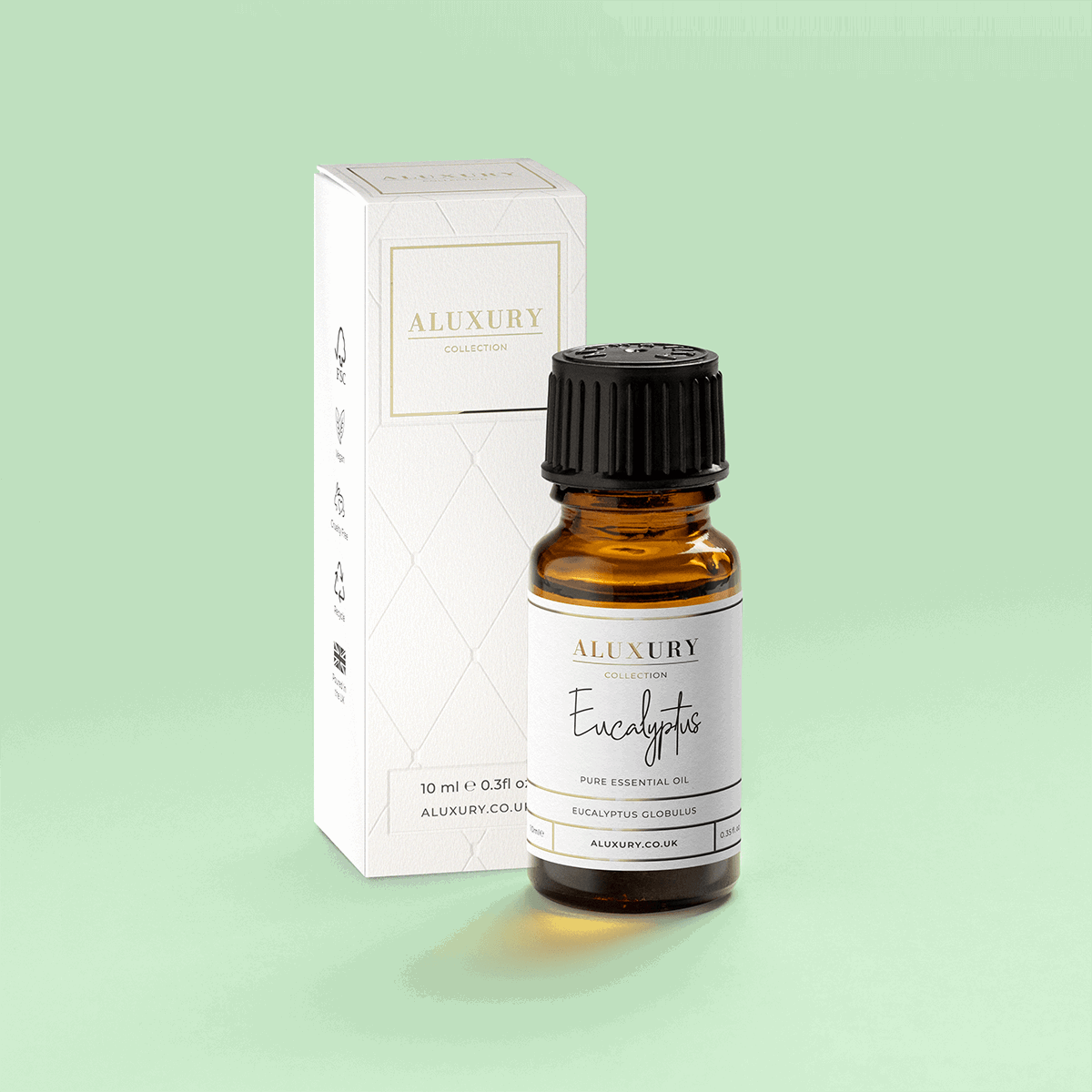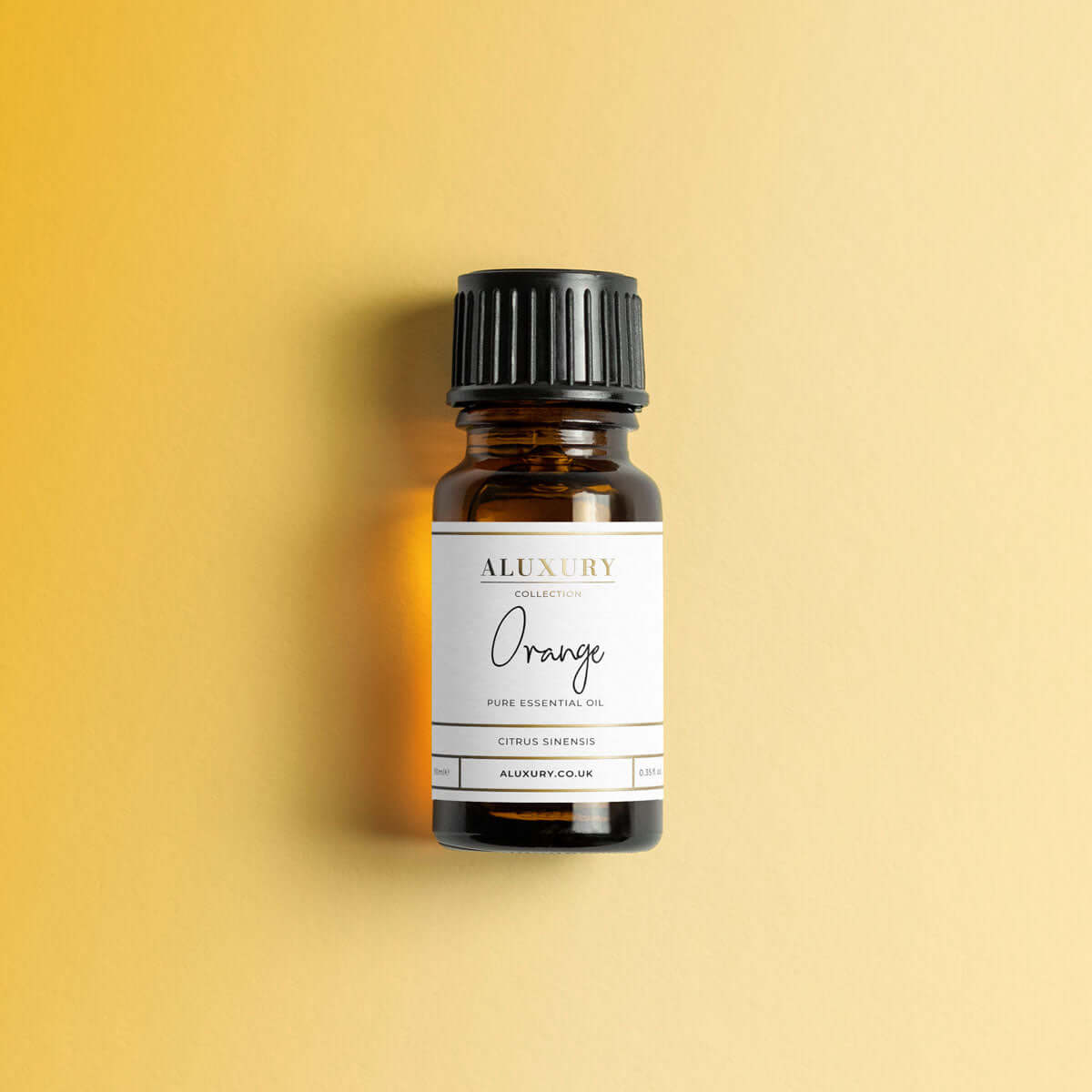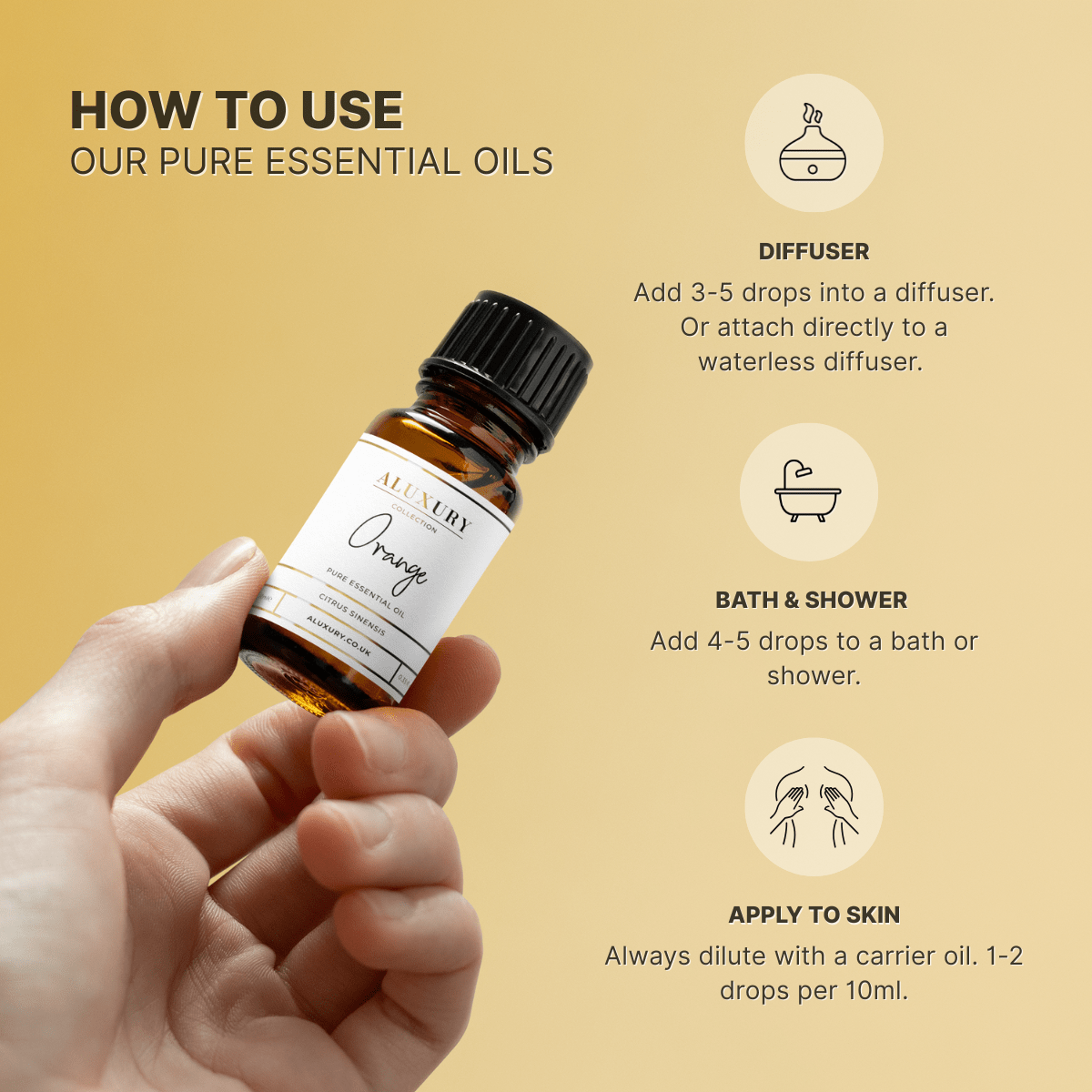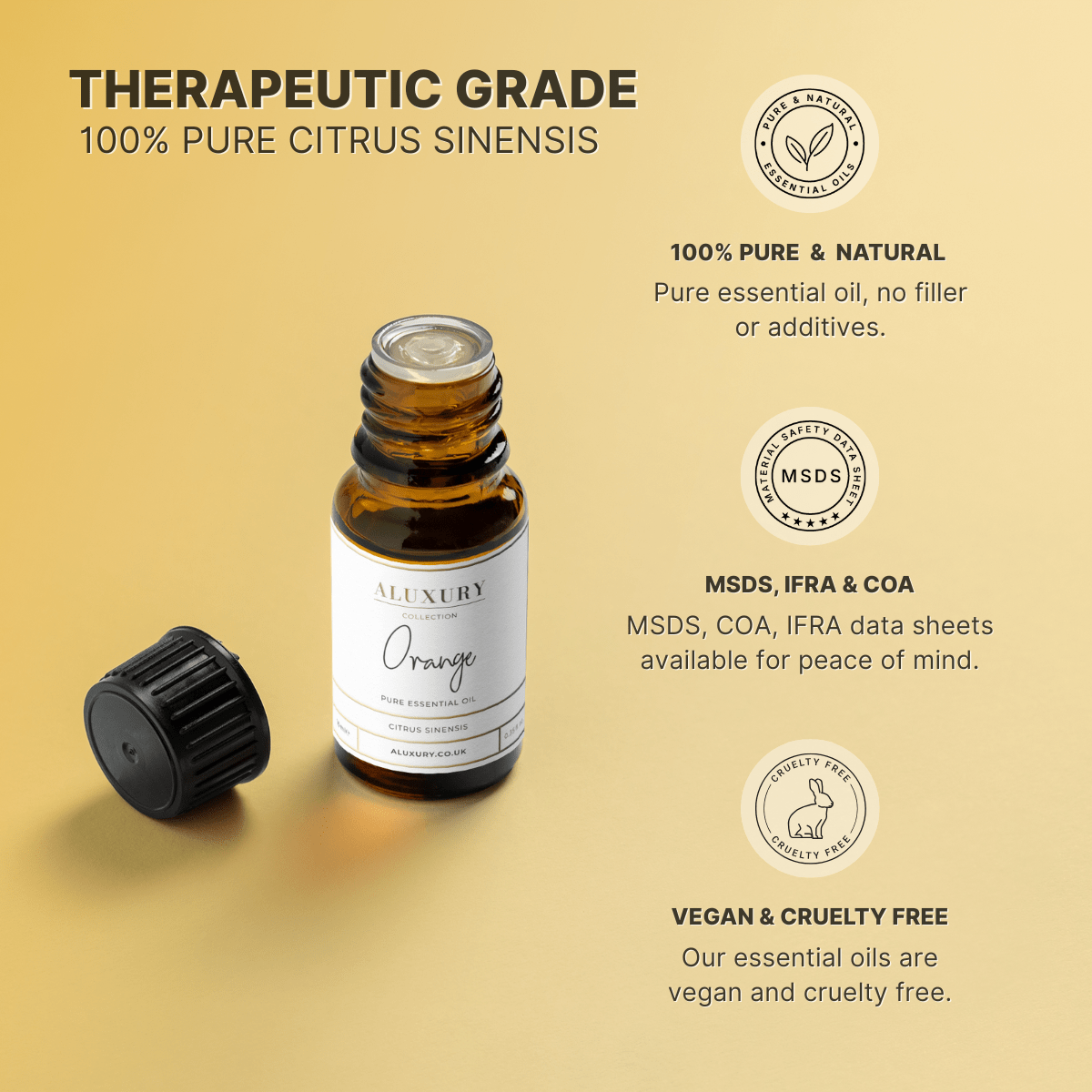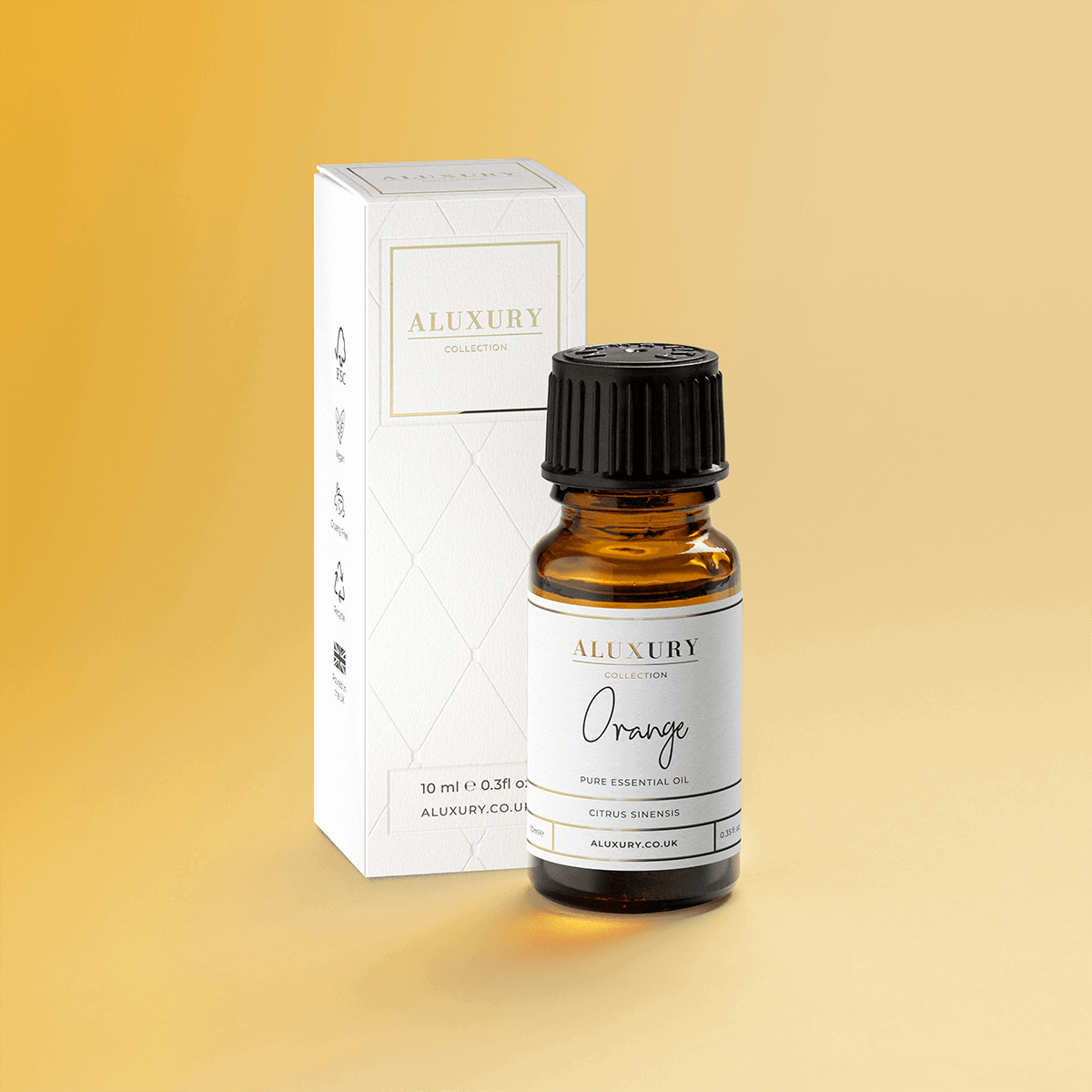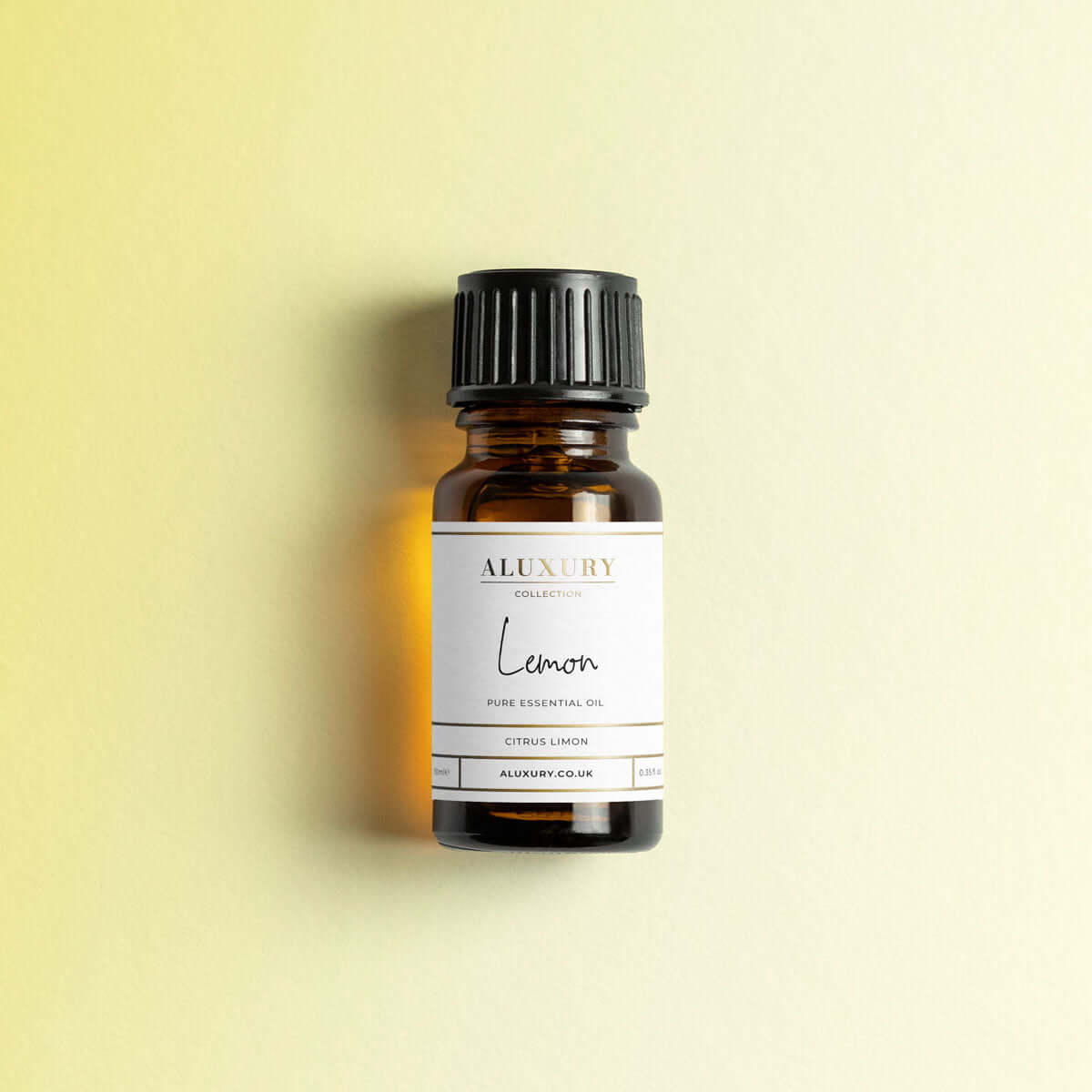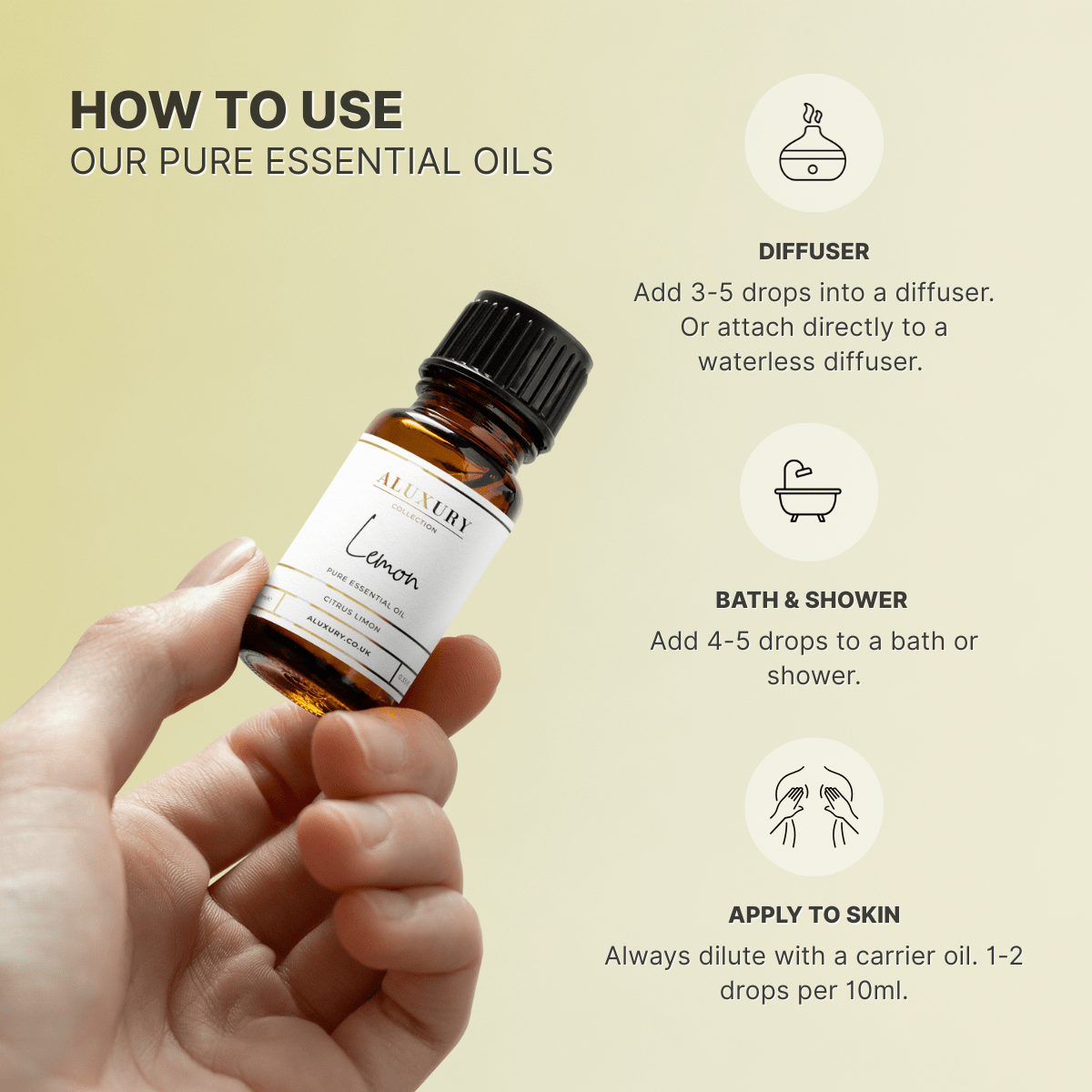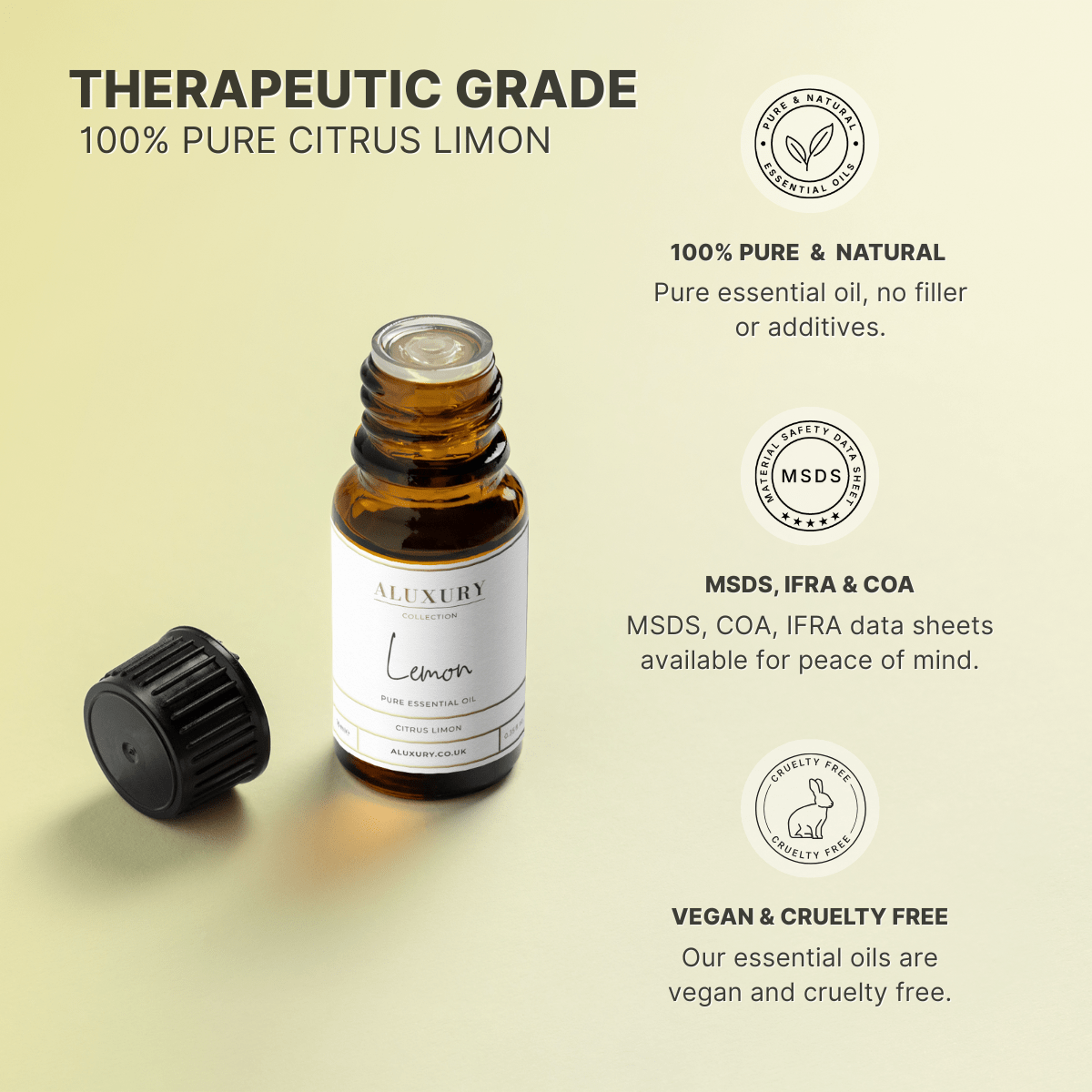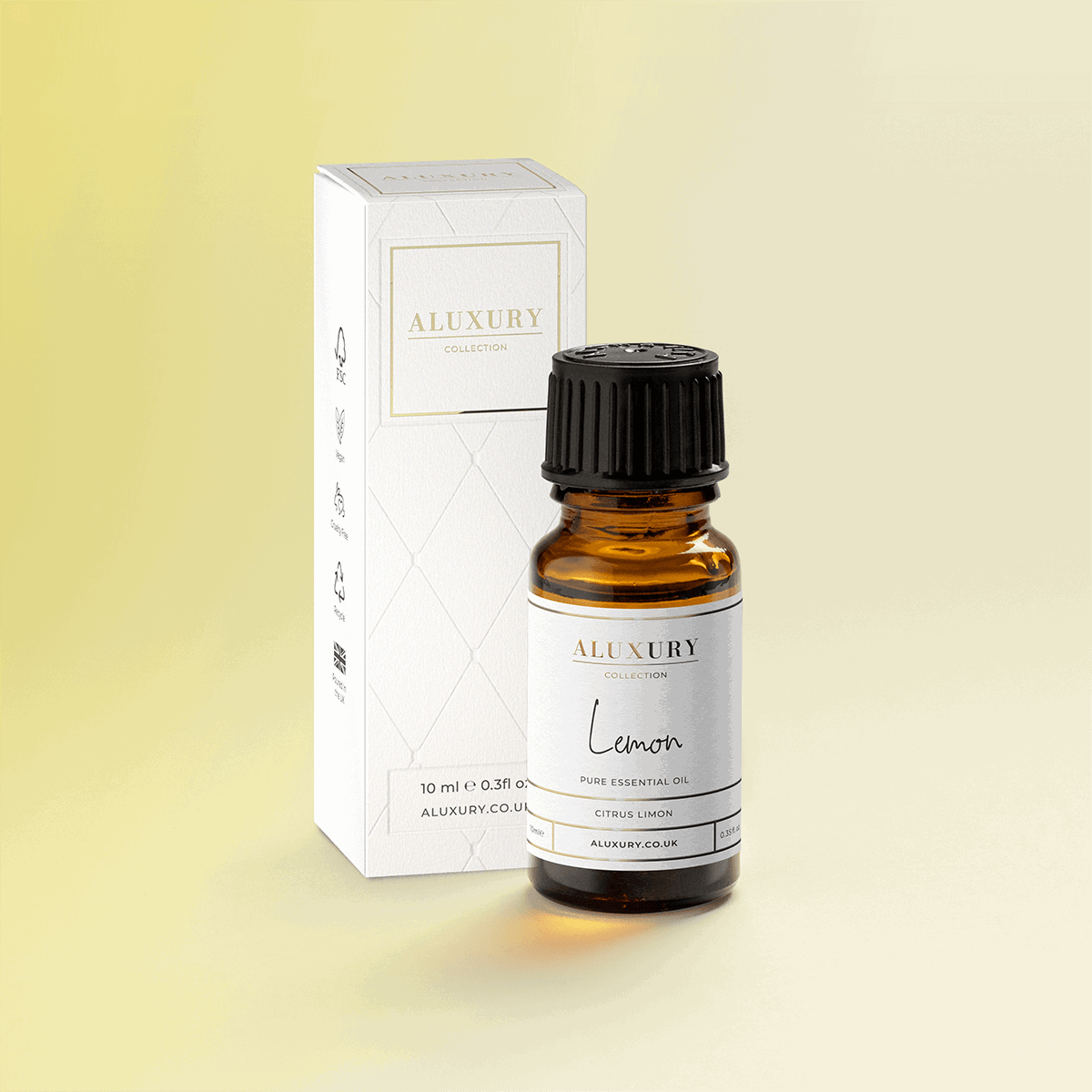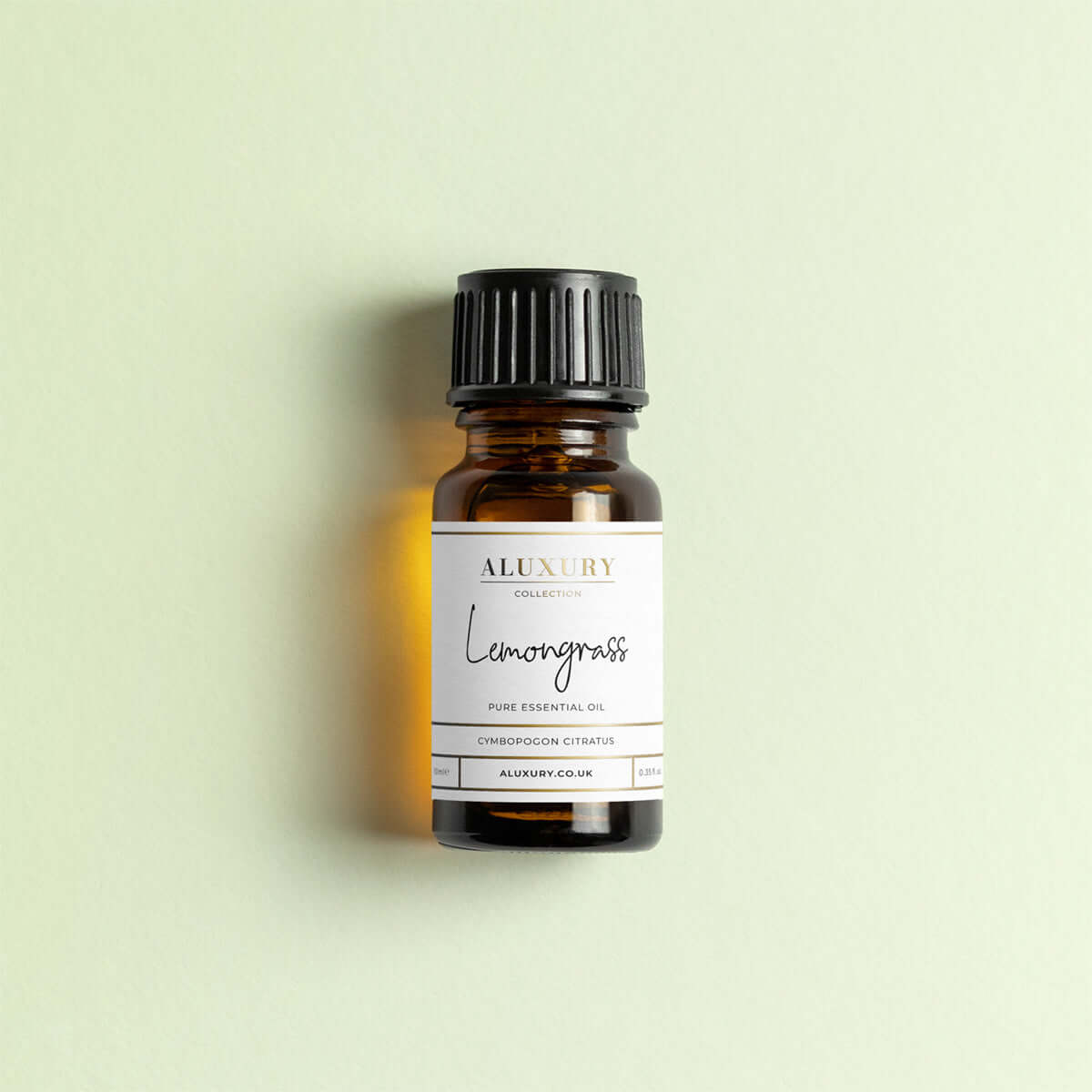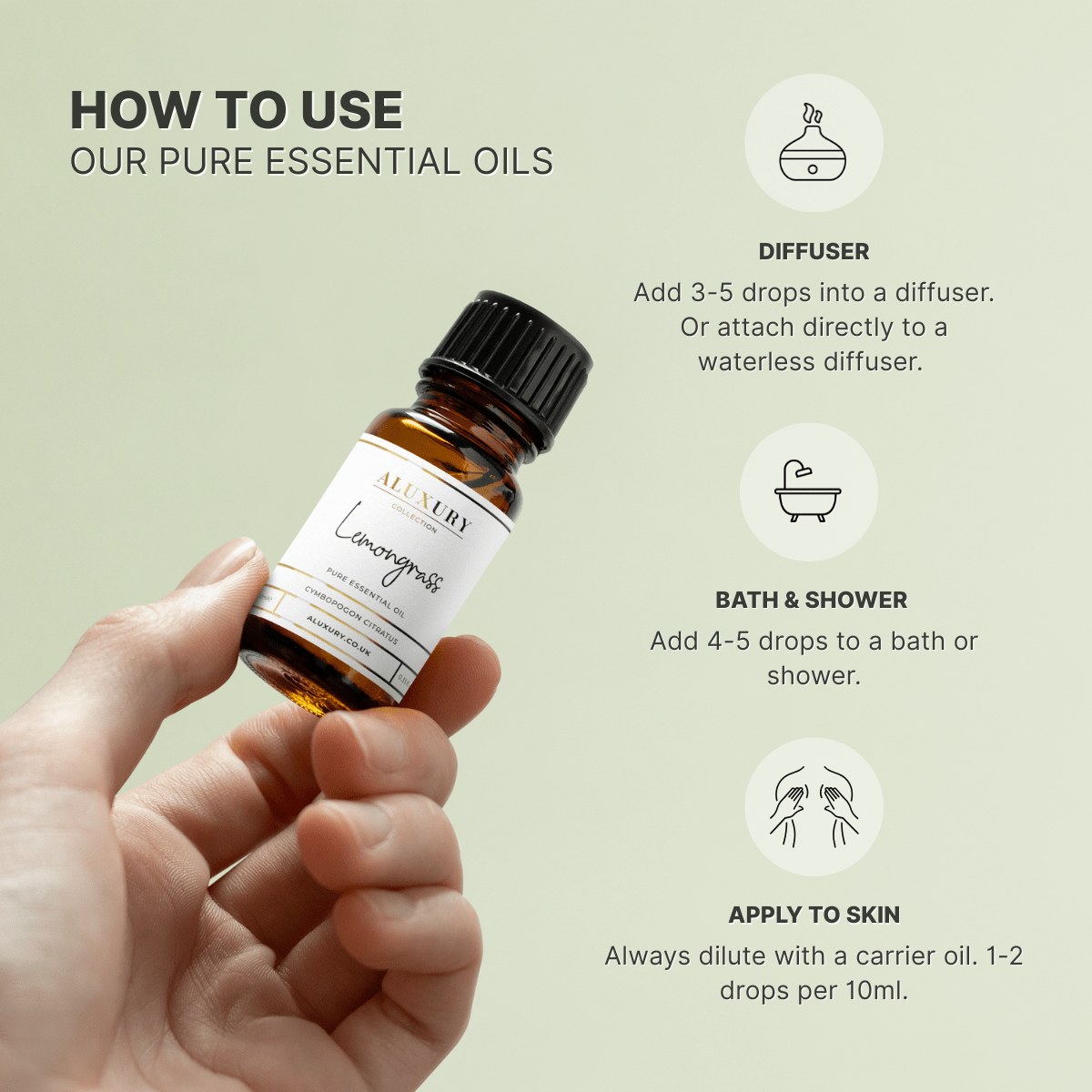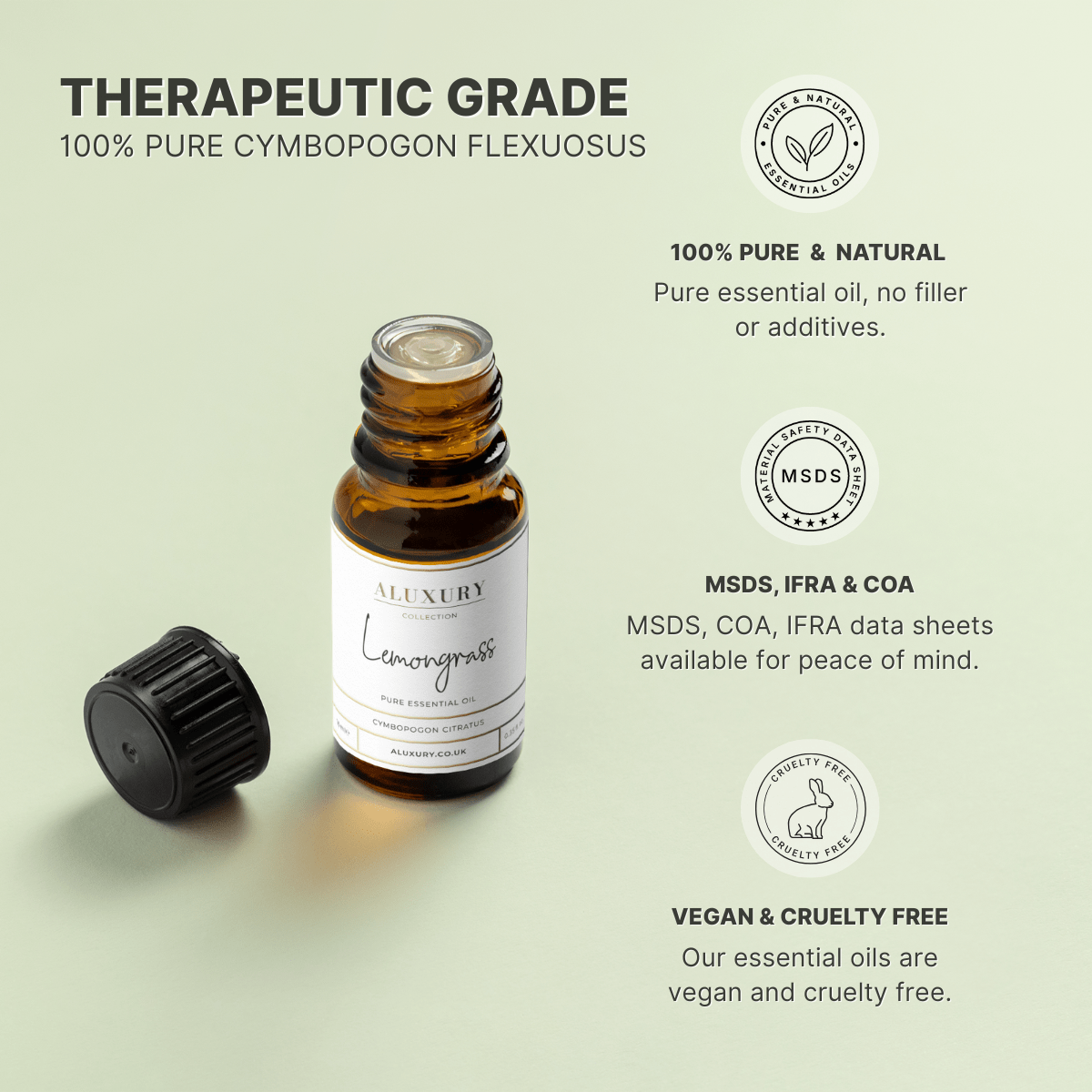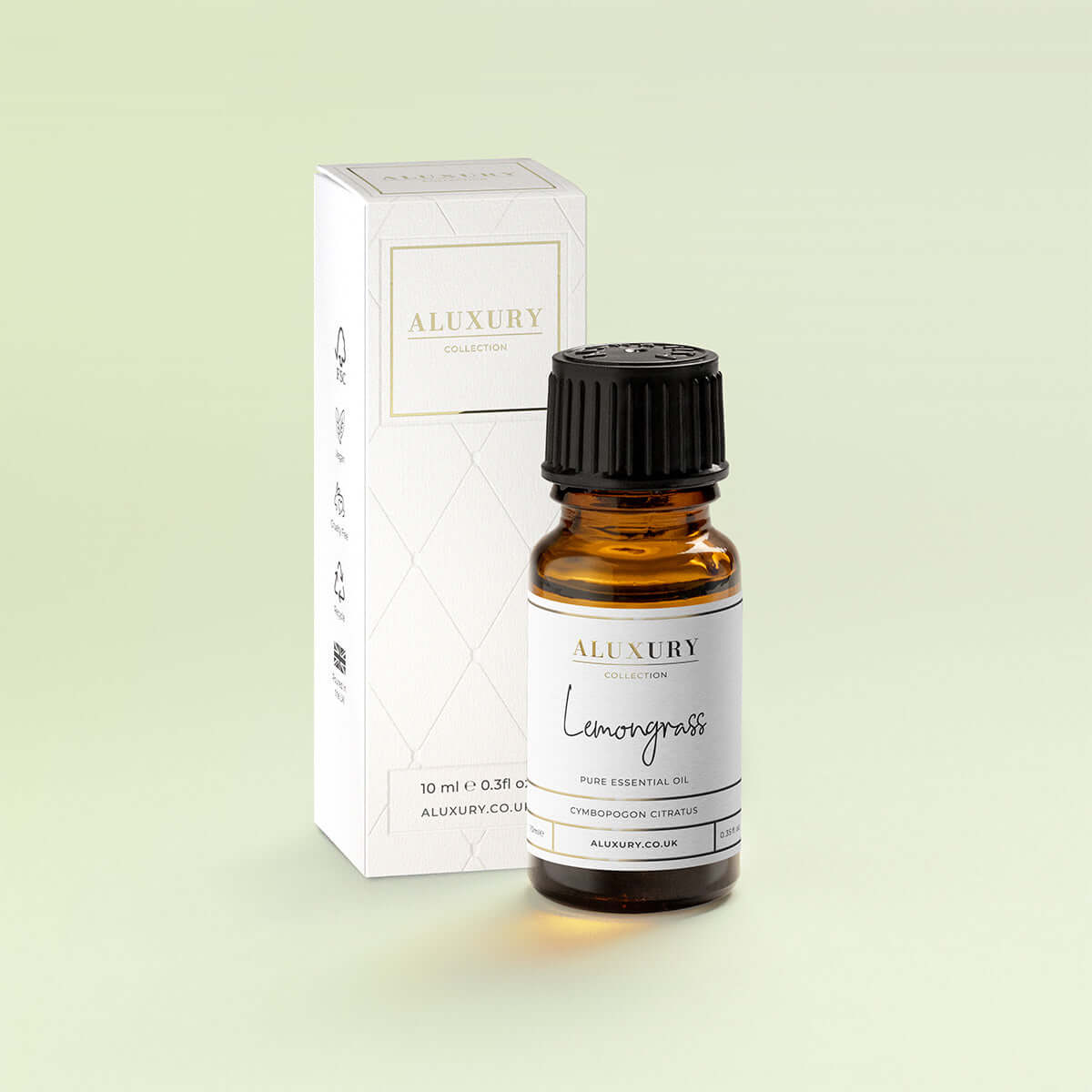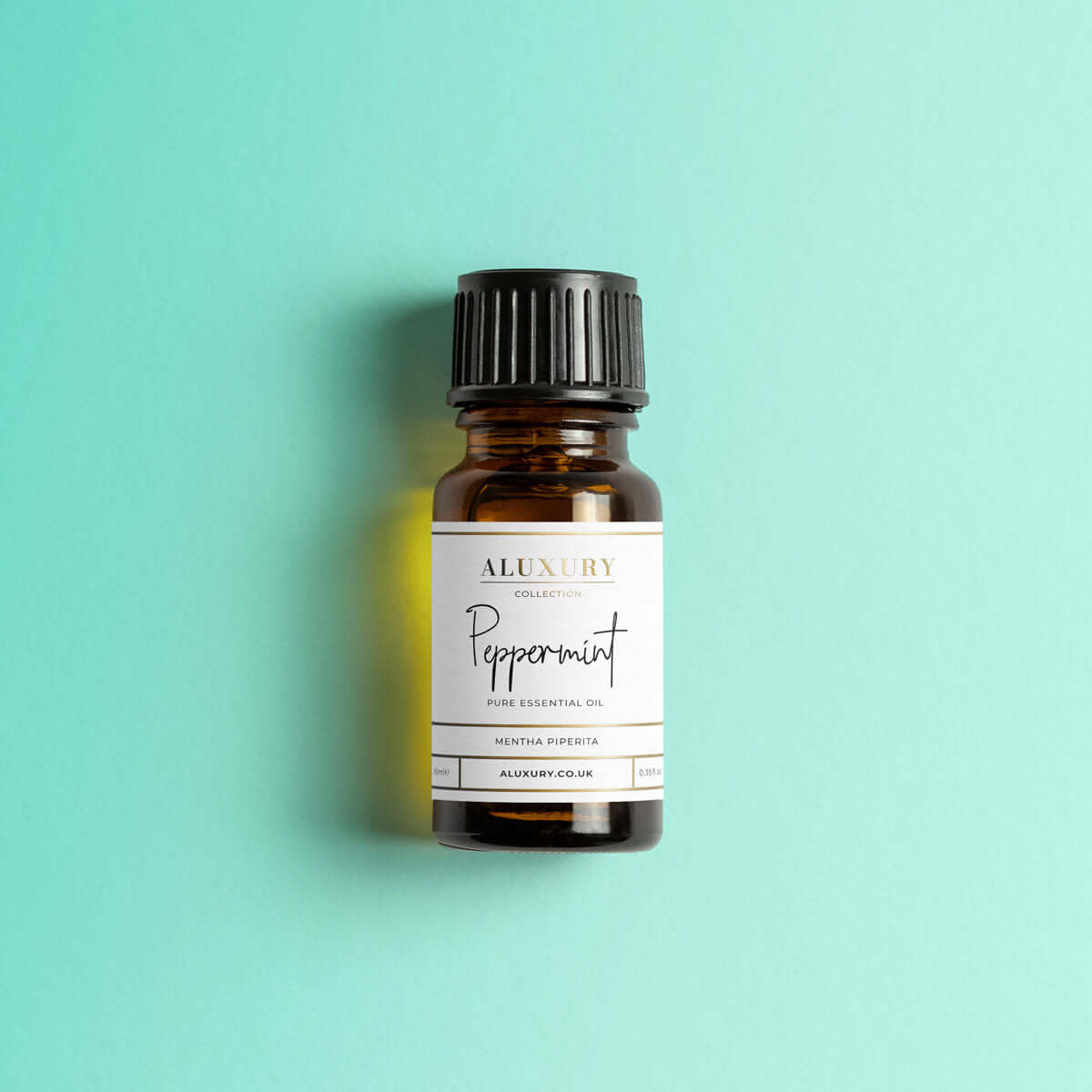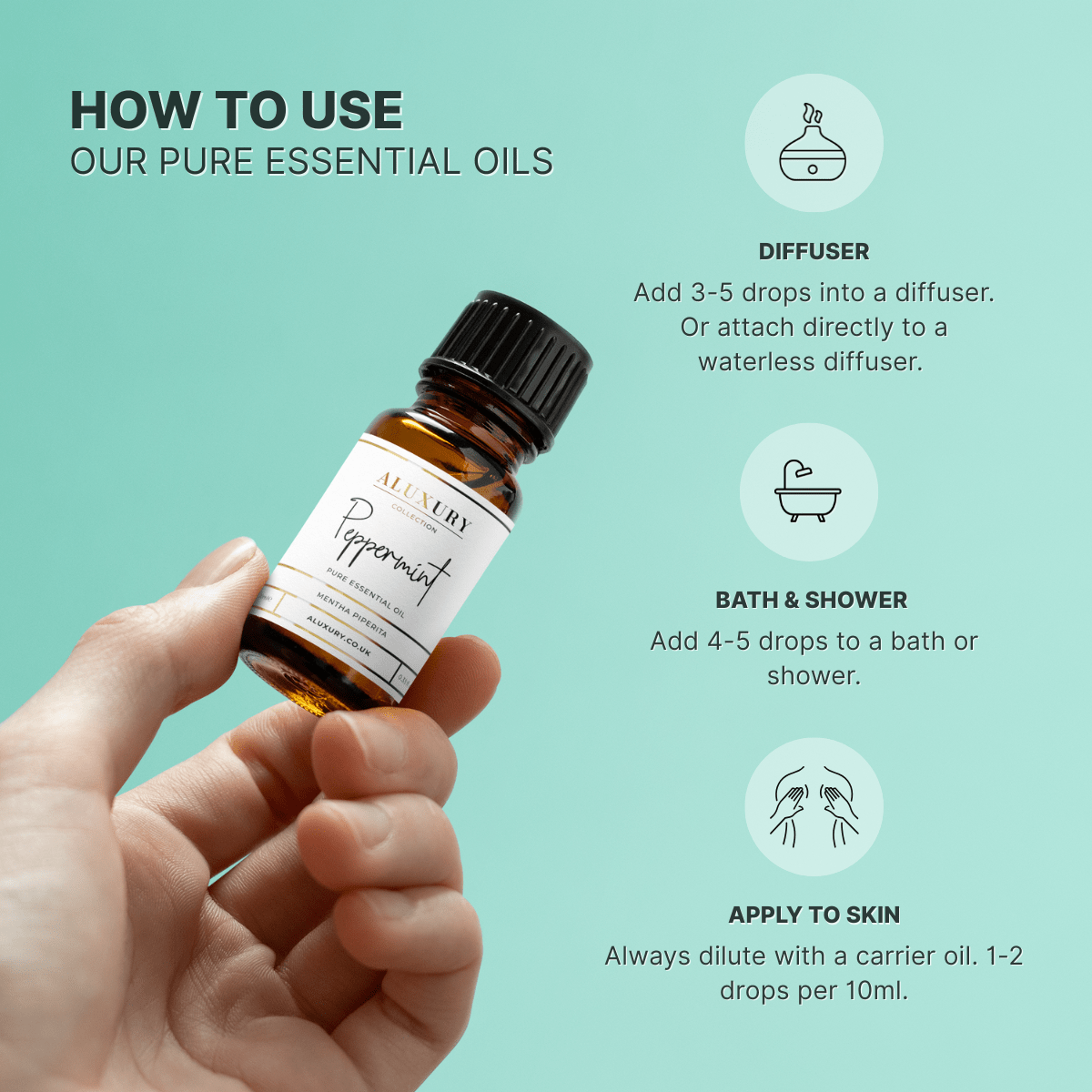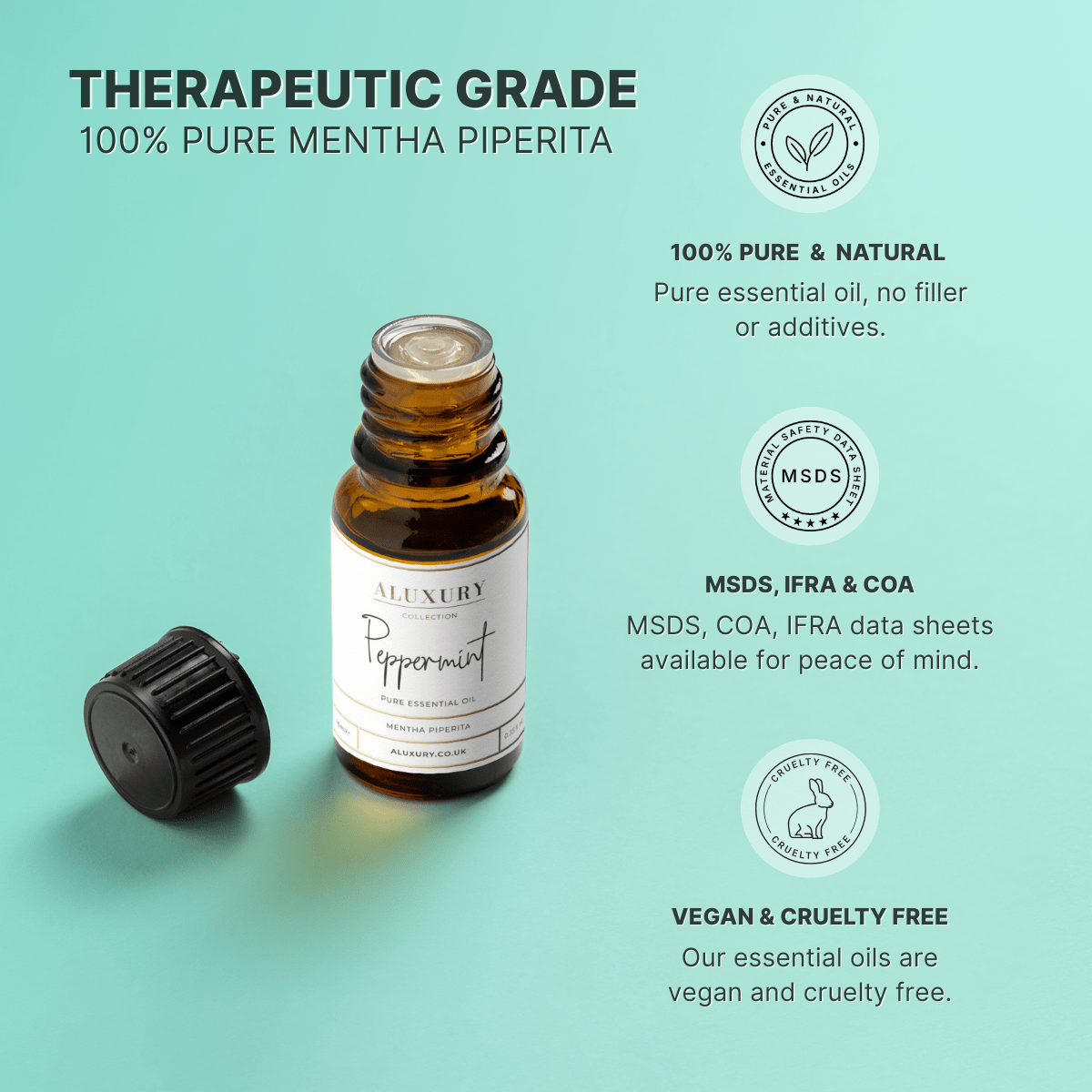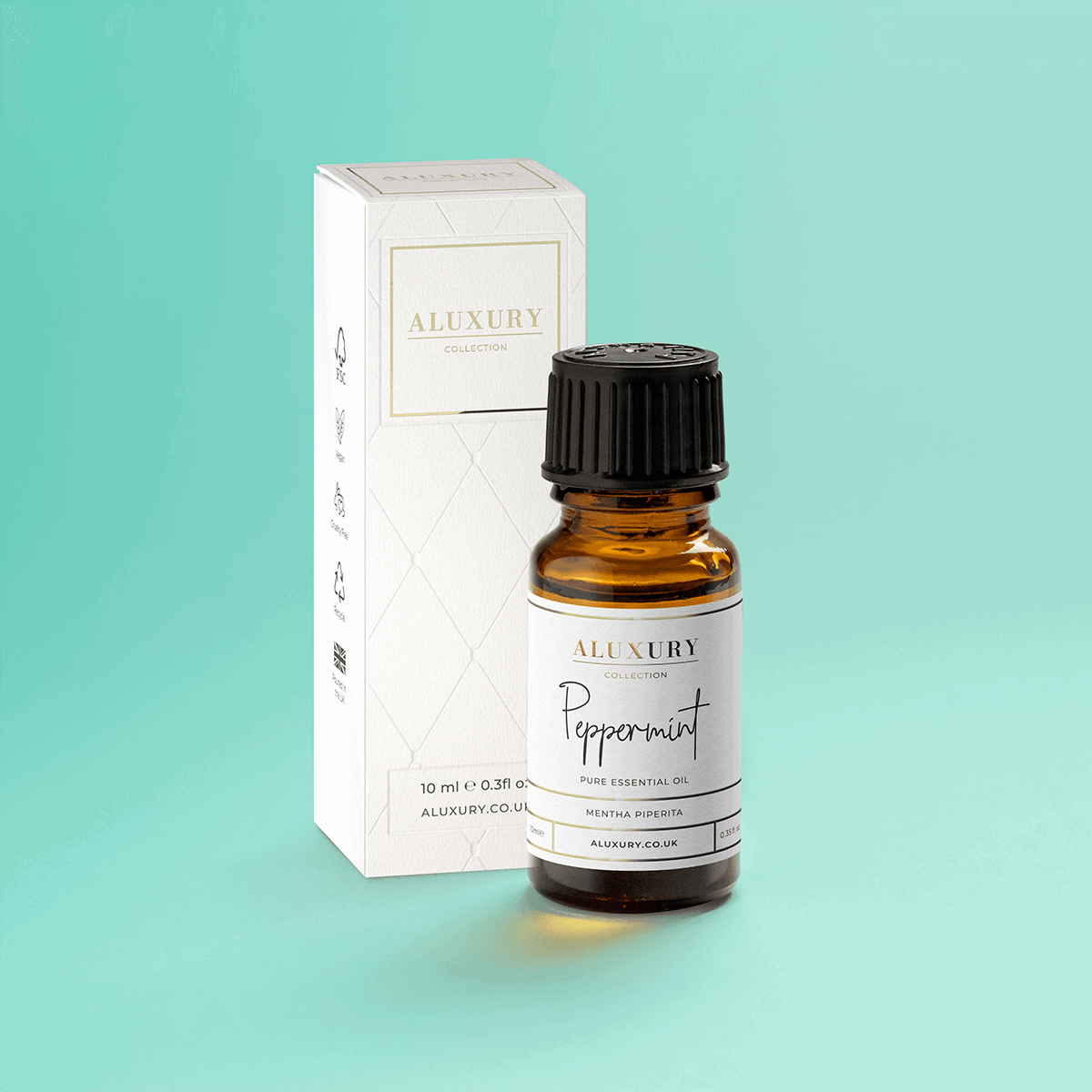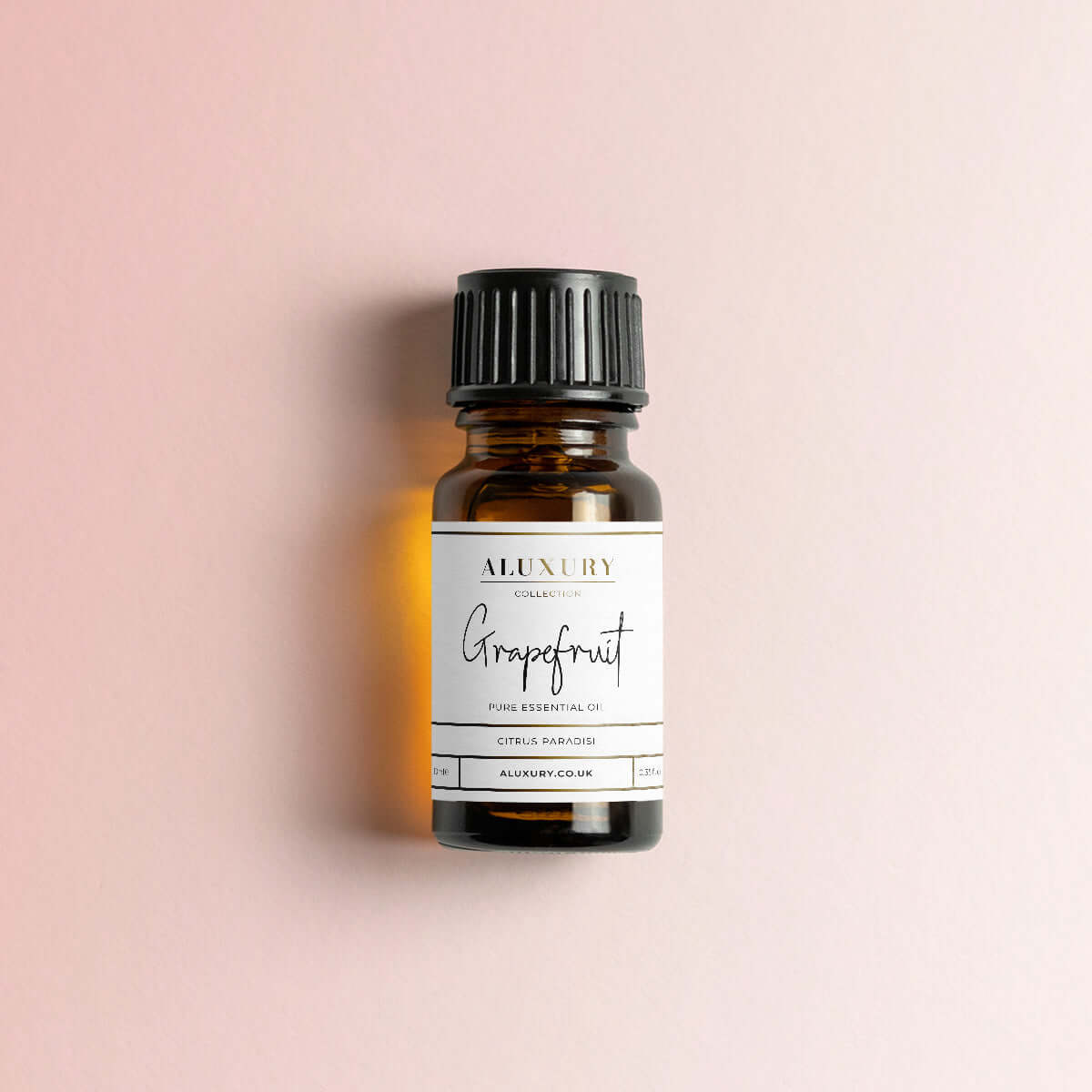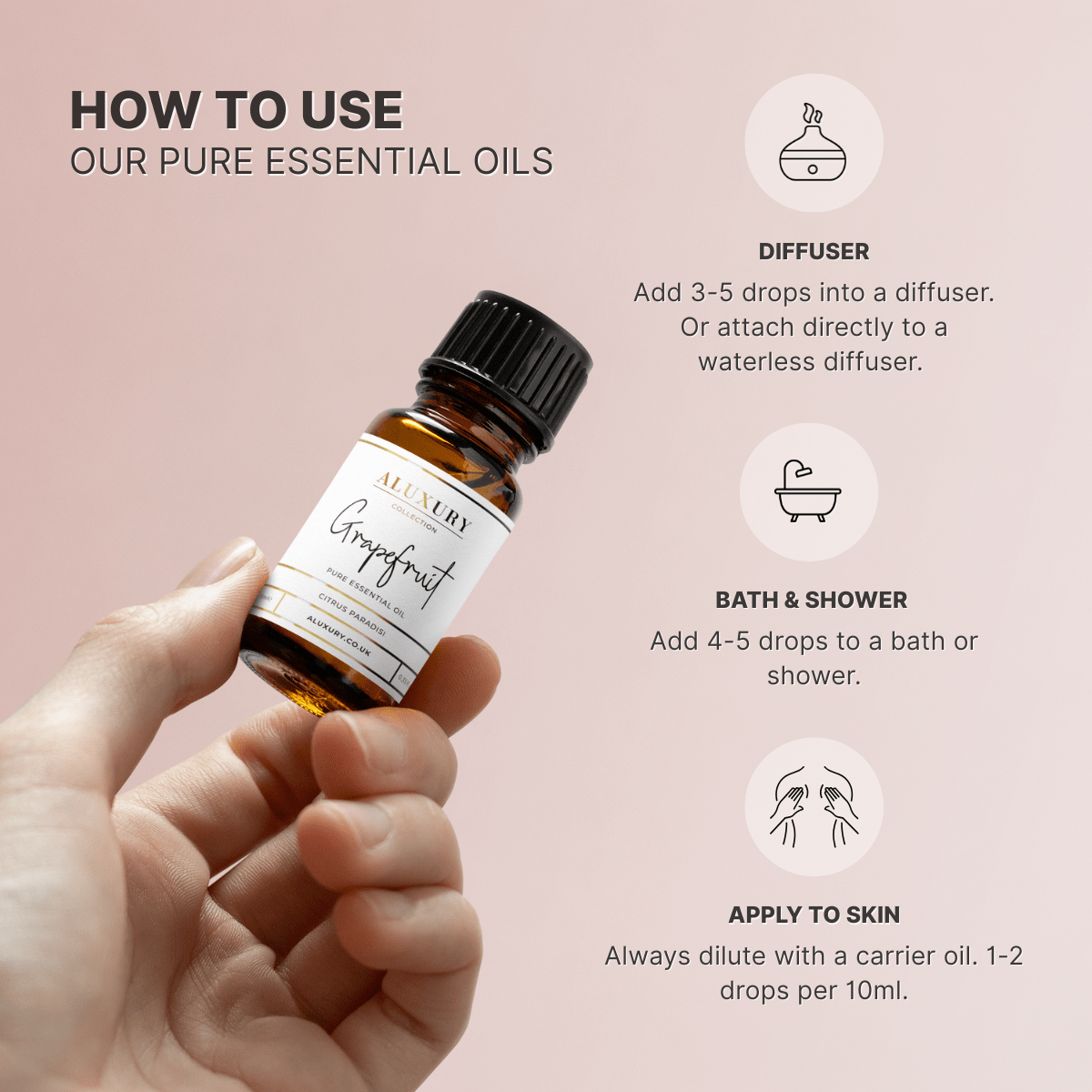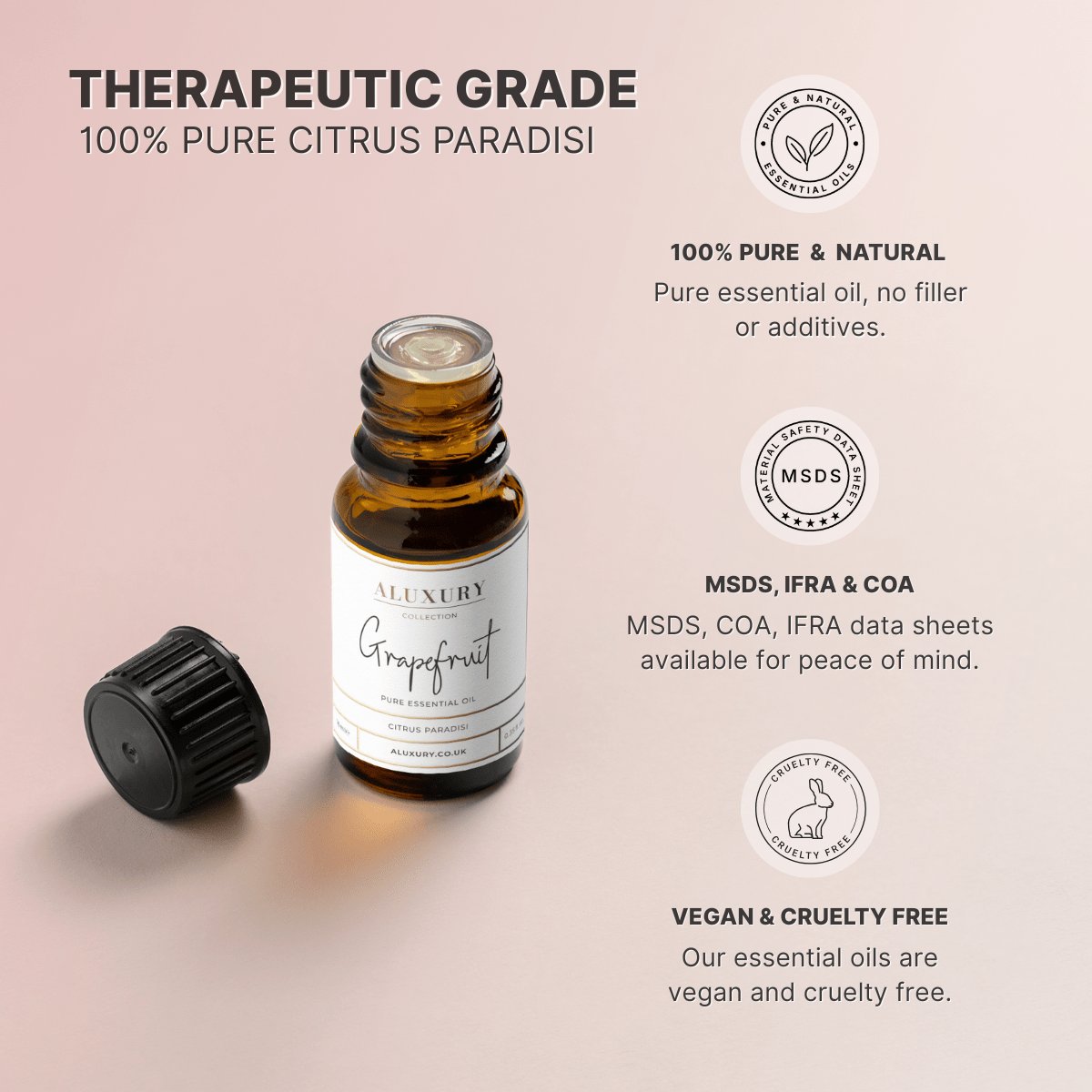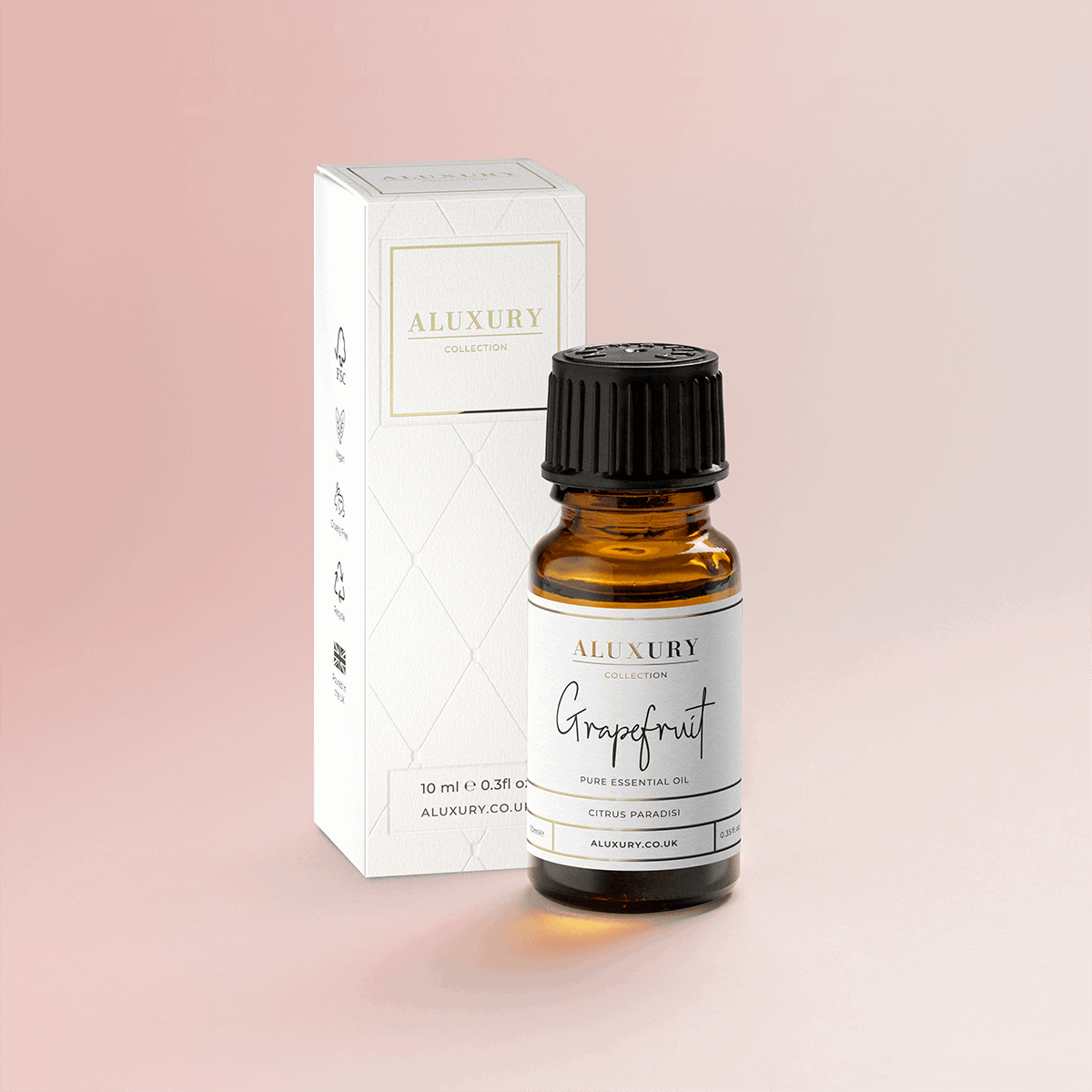Essential Oils for Cleaning
Transform your cleaning routine with the natural power of essential oils. These concentrated plant extracts don't just leave your home smelling fresh - they provide genuine antibacterial, antiviral, and antifungal properties that rival conventional cleaners without the toxic chemicals.
Perfect for families seeking healthier homes, our cleaning essential oils collection makes it easy to create effective, eco-friendly cleaning solutions. From kitchen surfaces to bathroom tiles, discover how a few drops of nature's most powerful oils can keep your home spotlessly clean and naturally fragrant.
16 products
Why Choose Essential Oils for Cleaning?
• Proven antimicrobial effectiveness - Laboratory studies confirm tea tree oil kills 99.9% of household bacteria and viruses. Lemon oil eliminates E. coli and salmonella on surfaces. These aren't just nice scents - they're powerful natural disinfectants that meet hygiene standards.
• Safe for family and pets - Unlike bleach and ammonia-based cleaners, properly diluted essential oils won't harm children or pets. No toxic fumes, no chemical residue on surfaces, no worry about accidental poisoning - just effective cleaning that's safe for everyone.
• Cost-effective cleaning solutions - A 10ml bottle of essential oil can make litres of cleaning products. One bottle of tea tree oil replaces multiple commercial cleaners. Initial investment saves hundreds of pounds annually while reducing plastic waste.
• Customisable for every cleaning need - Mix different oils for specific tasks. Lemon for grease-cutting, tea tree for mould, eucalyptus for toilets, lavender for linens. Create signature scents for different rooms while targeting specific cleaning challenges.
How to Use Essential Oils for Cleaning
All-Purpose Spray: Mix 15-20 drops of tea tree and lemon oils with 500ml water and 125ml white vinegar in a spray bottle. Shake before each use. This tackles 90% of household cleaning tasks from countertops to doorknobs.
Floor Cleaner: Add 10 drops of pine or eucalyptus oil to your mop bucket. Works on all floor types except unsealed wood. Leaves floors genuinely clean with a fresh, forest-like scent that doesn't overpower.
Toilet Bowl Cleaner: Combine 10 drops tea tree oil with 125ml bicarbonate of soda. Sprinkle around bowl, let sit 10 minutes, then scrub. The fizzing action plus antimicrobial oils leave toilets sparkling and sanitised.
Carpet Deodoriser: Mix 10 drops lavender oil with 200g bicarbonate of soda. Sprinkle on carpets, leave 30 minutes, then vacuum. Eliminates odours rather than masking them while killing dust mites and bacteria.
Complete Guide to Cleaning Essential Oils
Understanding Natural Cleaning Science
Essential oils work as cleaners through multiple mechanisms. Their volatile compounds penetrate bacterial cell walls, disrupting membranes and killing pathogens. Many oils also break down biofilms where bacteria hide. Unlike synthetic cleaners that leave resistant bacteria, oils work through multiple pathways, preventing resistance.
UK research shows homes using essential oil cleaners have similar or lower bacterial counts than those using conventional products. The key is proper concentration and application. Most cleaning requires 1-3% oil concentration for effectiveness.
How to Choose Oils for Different Cleaning Tasks
Match oils to specific cleaning challenges:
- Kitchen surfaces: Lemon, basil, thyme - cut grease and kill foodborne bacteria
- Bathrooms: Tea tree, eucalyptus, pine - combat mould and mildew
- General disinfecting: Clove, cinnamon, oregano - maximum antimicrobial power
- Air freshening: Lavender, orange, peppermint - purify while scenting
- Laundry: Lavender, lemon, tea tree - freshen and sanitise fabrics
Consider scent preferences too - you'll clean more often with aromas you enjoy.
Popular Cleaning Applications
- Weekly Kitchen Deep Clean: UK households using lemon and tea tree oils report cleaner, fresher kitchens with less effort. The oils cut through grease while eliminating bacteria that cause odours and illness.
- Bathroom Mould Prevention: Regular use of tea tree oil spray prevents mould growth in British bathrooms. Apply after showers to tiles and grout. Users report 80% less mould compared to conventional cleaners.
- Natural Fabric Freshener: Add 5 drops lavender oil to wash cycles or 10 drops to wool dryer balls. Clothes smell fresh without synthetic fragrances that irritate sensitive skin or trigger allergies.
Expert Tips
- Always use glass or PET plastic bottles - some oils degrade regular plastic
- Label all homemade cleaners clearly with ingredients and date made
- Test oils on inconspicuous areas first, especially on delicate surfaces
- Boost cleaning power by combining oils with vinegar, bicarbonate, or castile soap
- Make fresh batches monthly for maximum potency and effectiveness
FAQs
Are essential oil cleaners as effective as commercial products?
Yes, when used properly. Studies show oils like tea tree, thyme, and oregano match or exceed conventional cleaners' antimicrobial activity. The key is using appropriate concentrations and allowing contact time for oils to work.
Which essential oil is the strongest disinfectant?
Oregano oil ranks highest for antimicrobial power, followed by thyme, cinnamon, and clove. However, tea tree oil offers the best balance of effectiveness and safety for regular household use. Combine oils for broad-spectrum protection.
What's the most economical essential oil for cleaning?
Lemon oil offers excellent value - it's affordable, versatile, and effective. A 30ml bottle makes approximately 50 spray bottles of cleaner. Tea tree costs more initially but its powerful antimicrobial action means you need less.
Are cleaning essential oils safe around pets?
Most are safe when properly diluted and surfaces are allowed to dry. However, cats are sensitive to certain oils. Avoid tea tree, pine, and citrus oils where cats walk. Dogs generally tolerate oils better but always ensure good ventilation.
How long do homemade cleaners with essential oils last?
Water-based cleaners stay fresh 2-4 weeks when stored in dark bottles. Vinegar-based cleaners last 2-3 months. Oil-only blends maintain potency for 6-12 months. Always shake before use as oils separate from water.
Can essential oils damage surfaces?
Undiluted oils can damage plastics, painted surfaces, and some natural stones. Always dilute properly and test first. Citrus oils are photosensitive and may cause discolouration in sunlight. Use lower concentrations on delicate surfaces.


